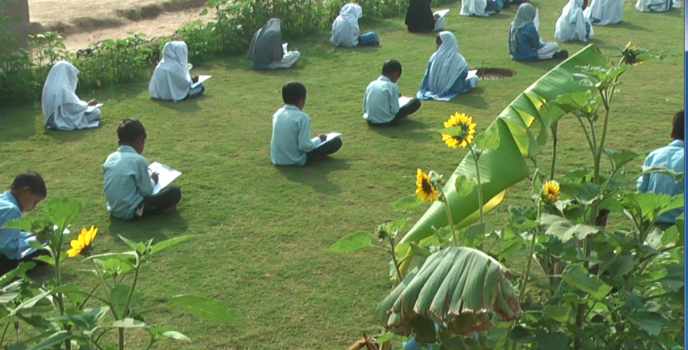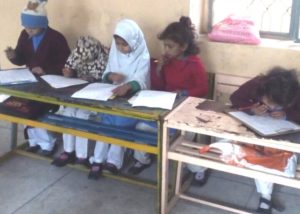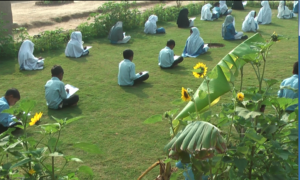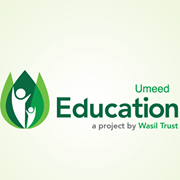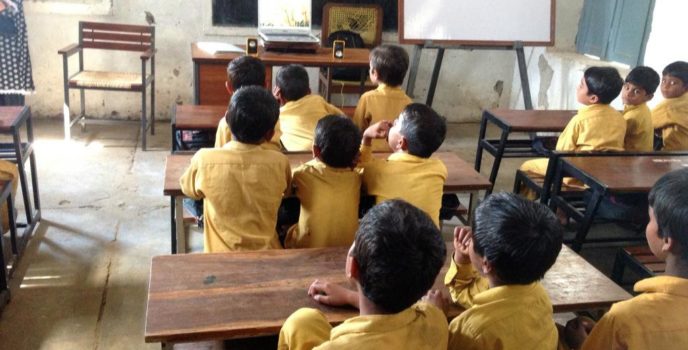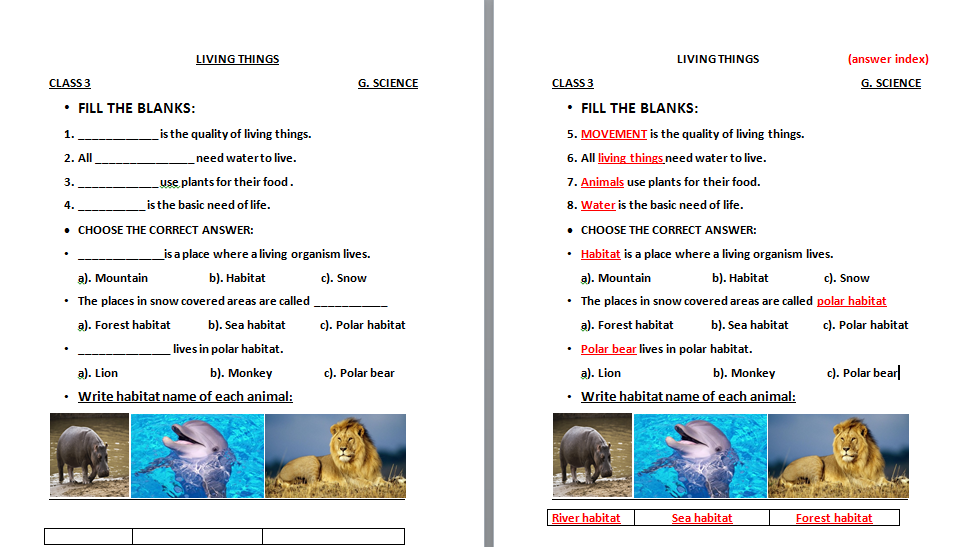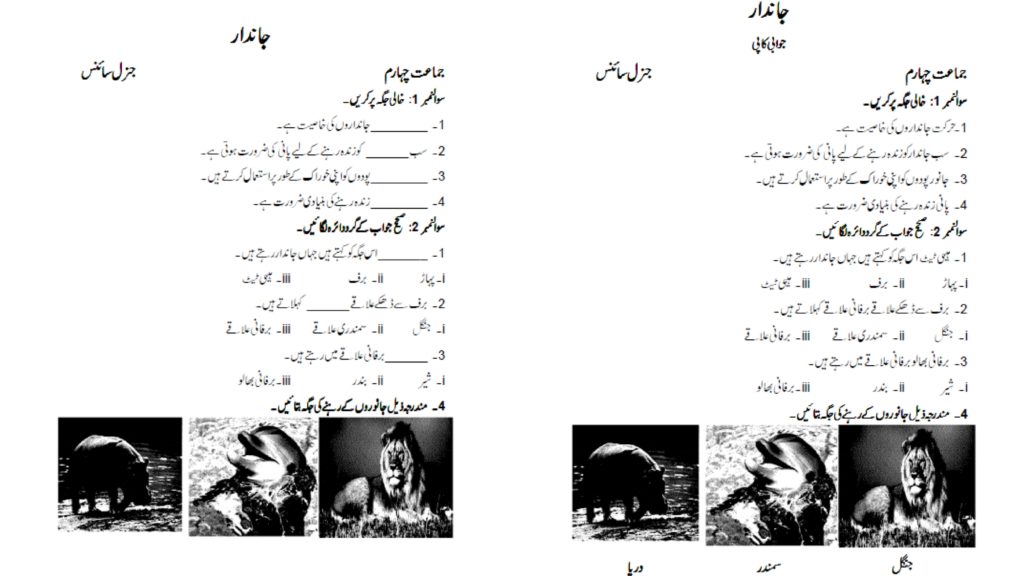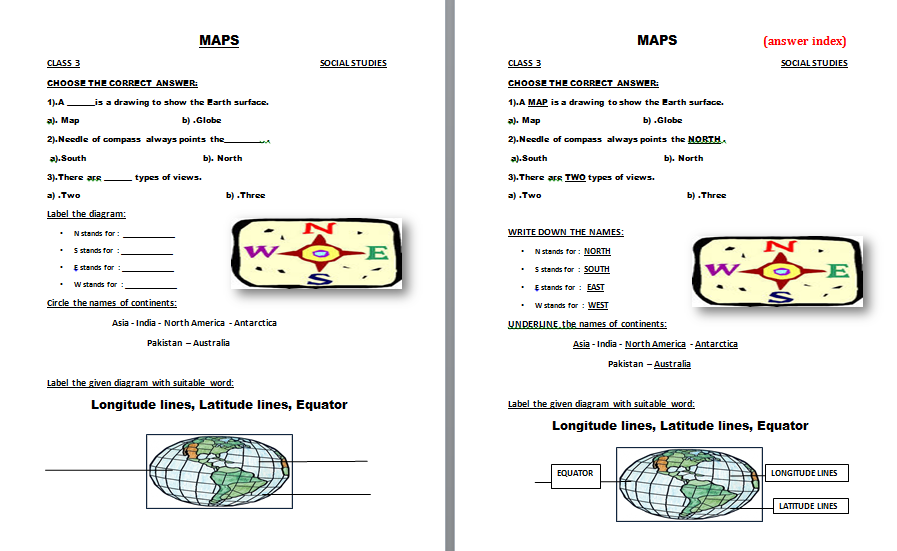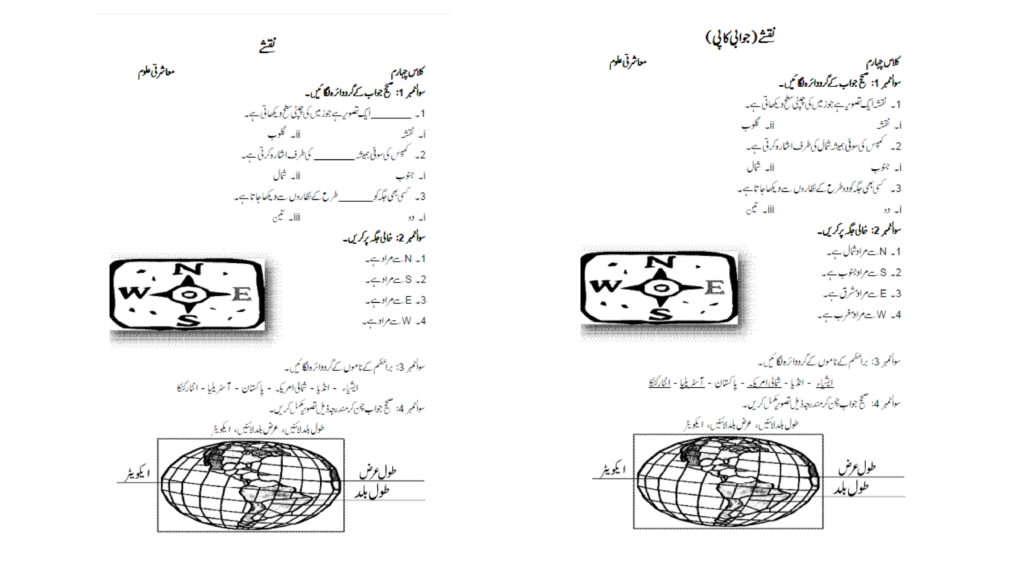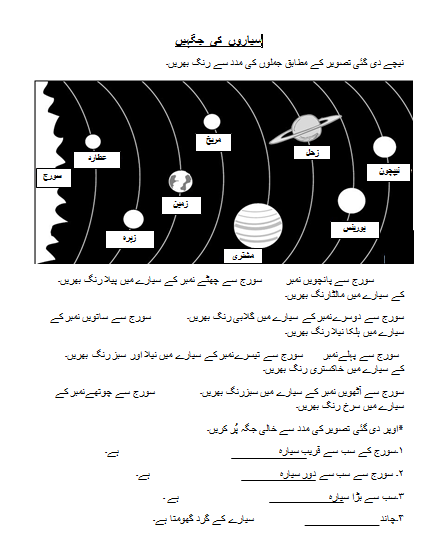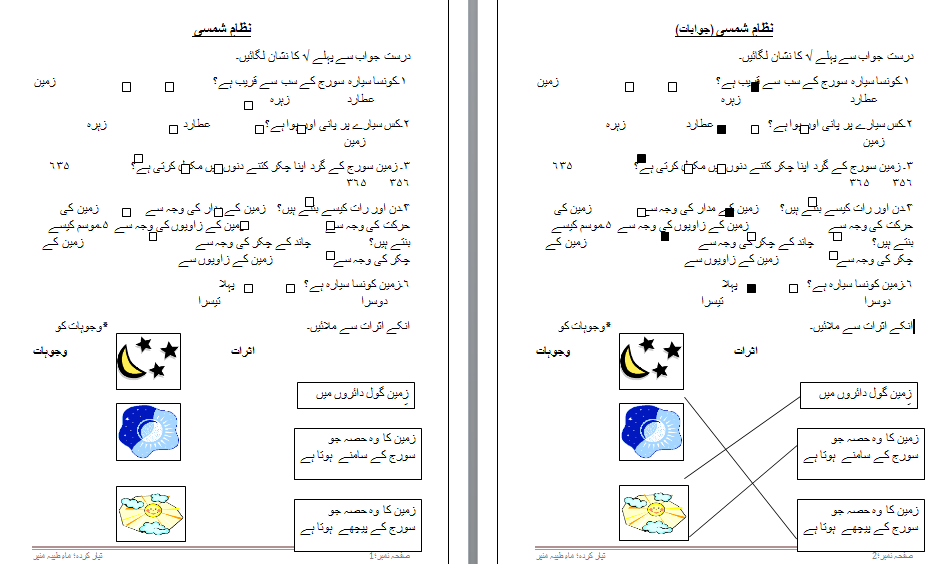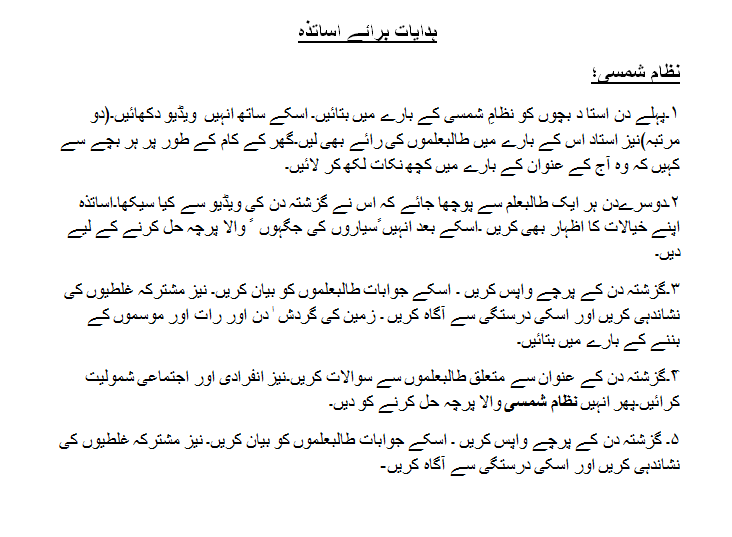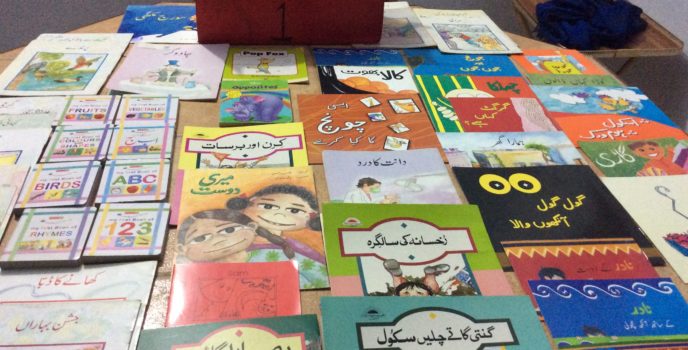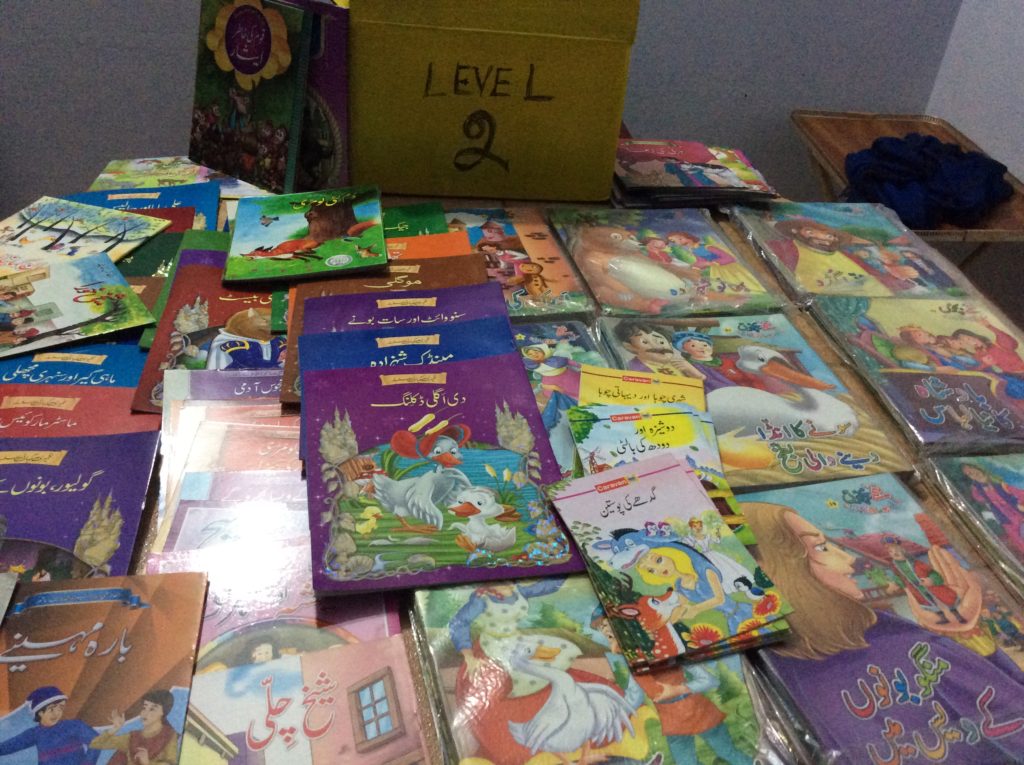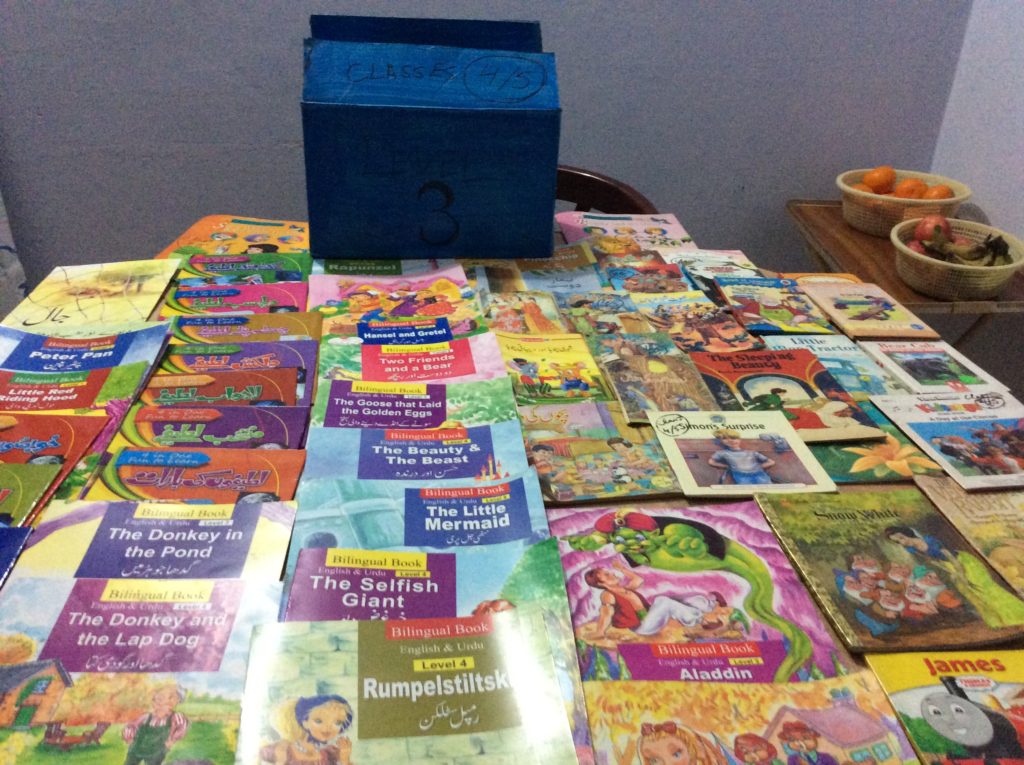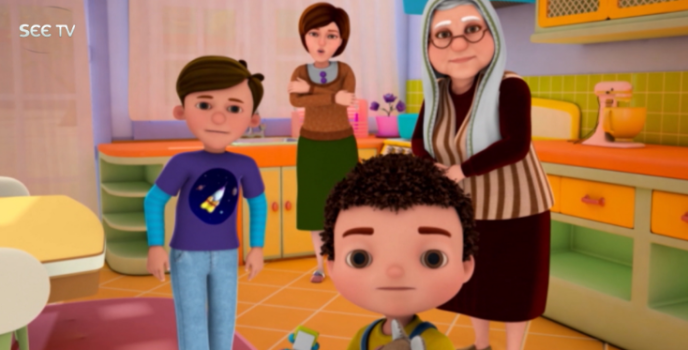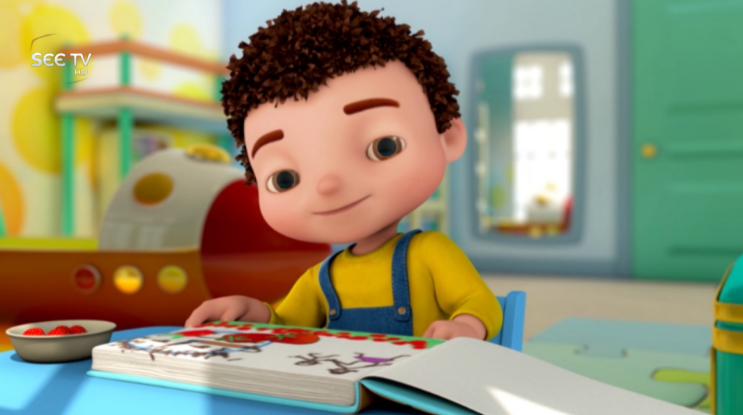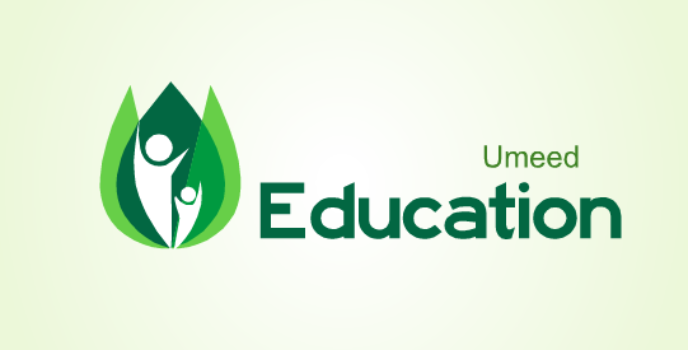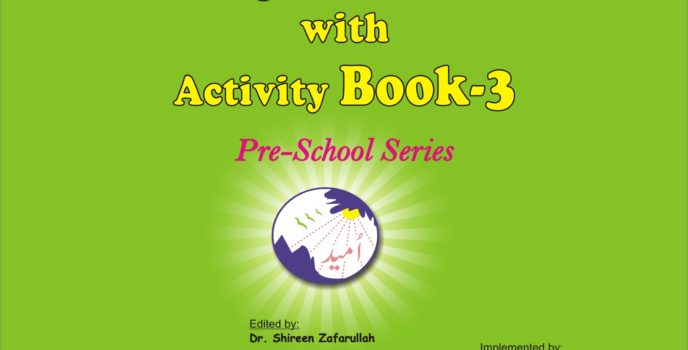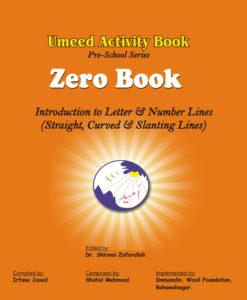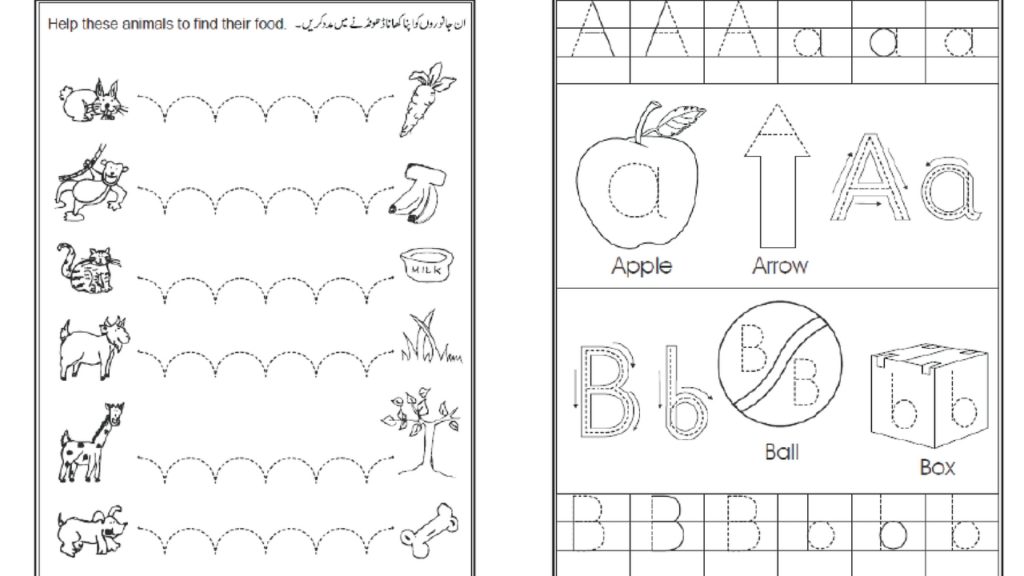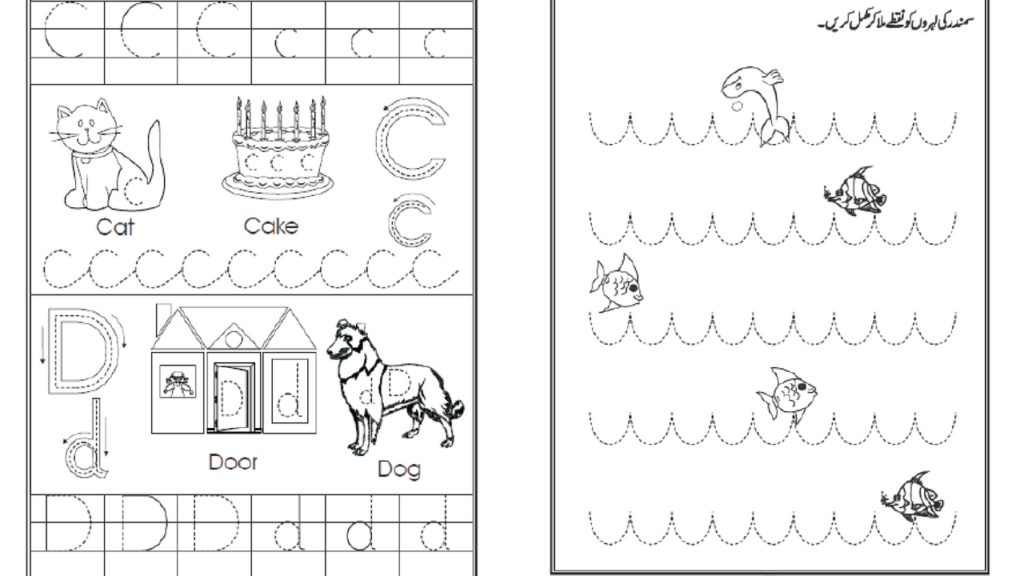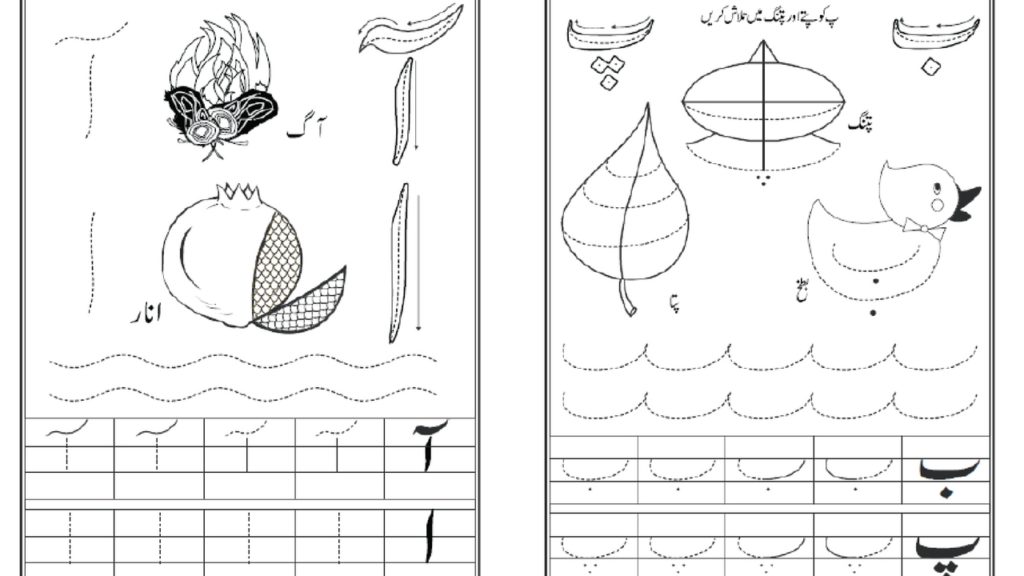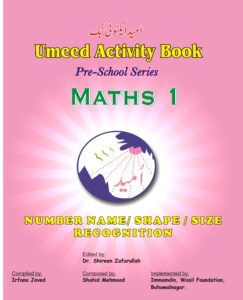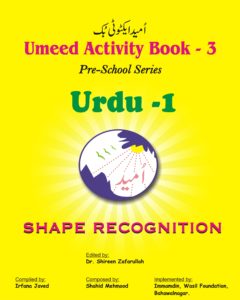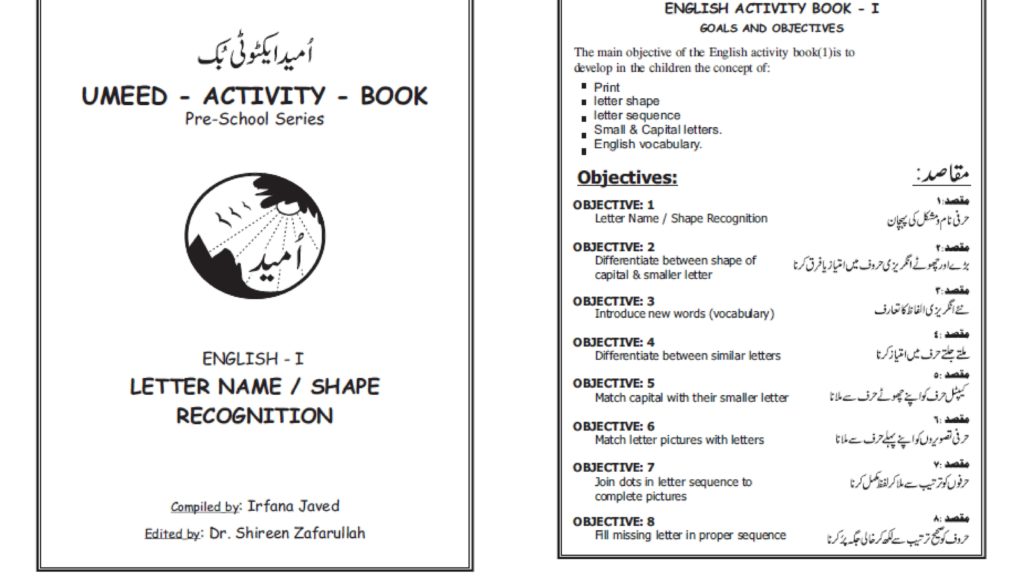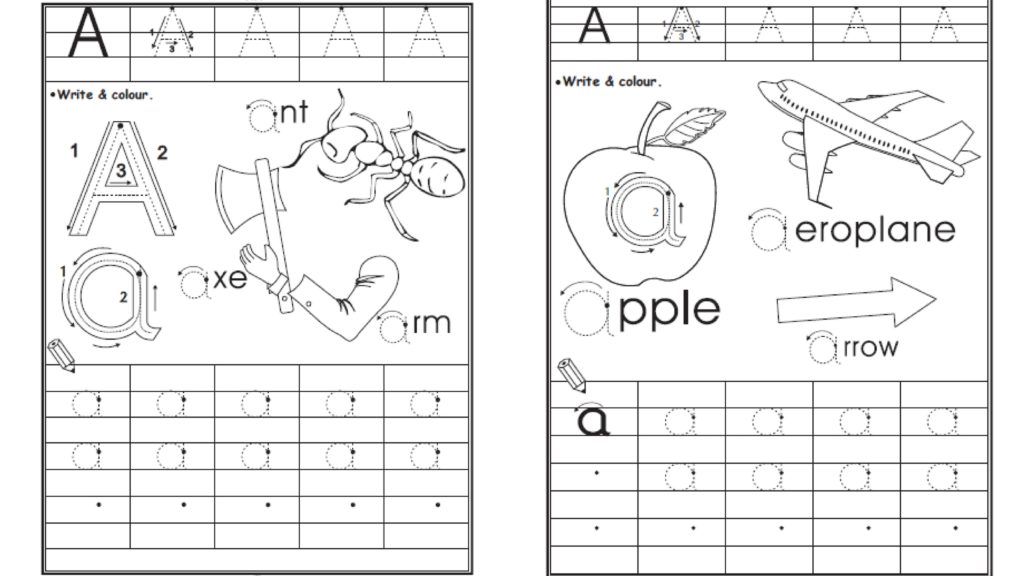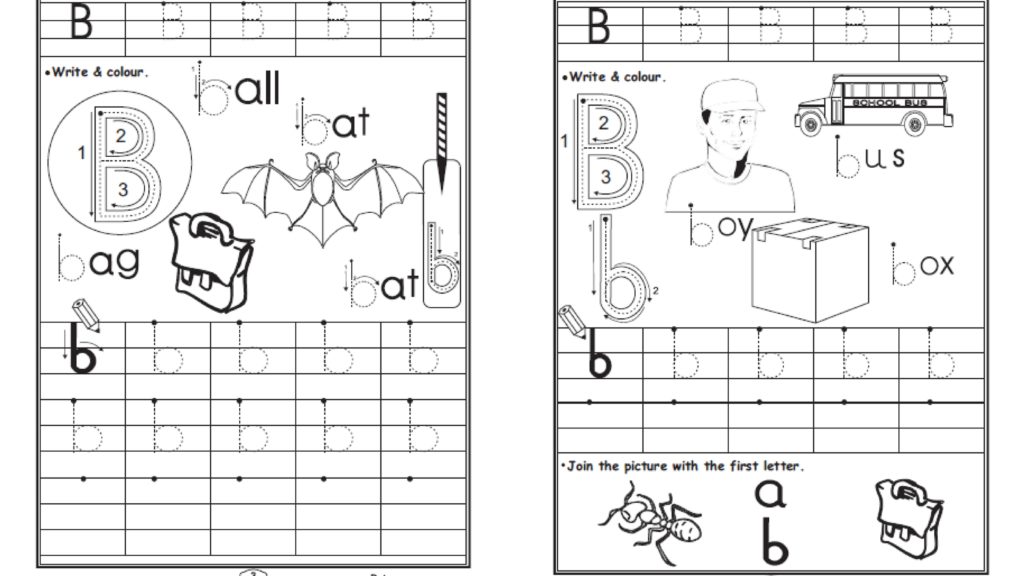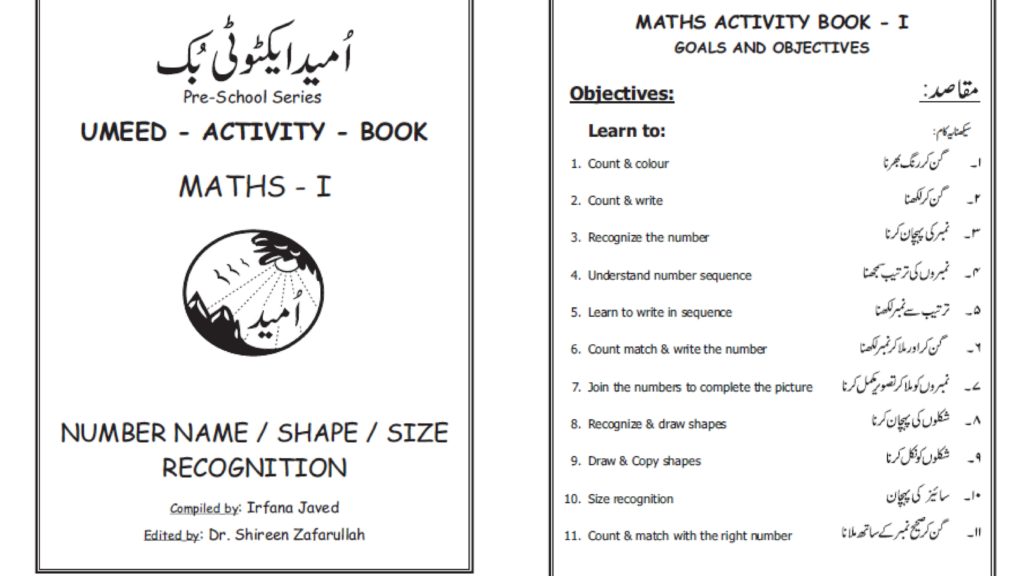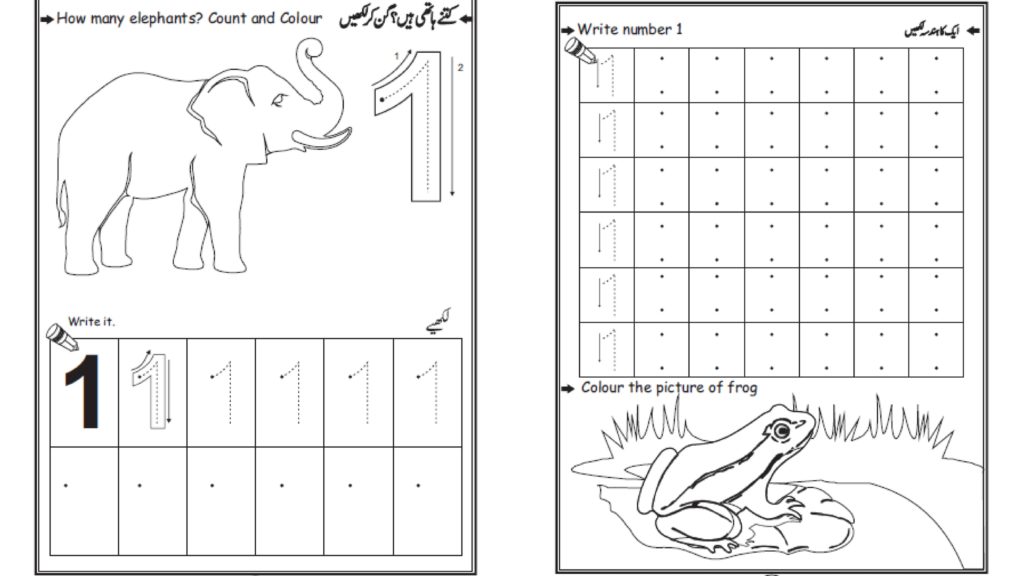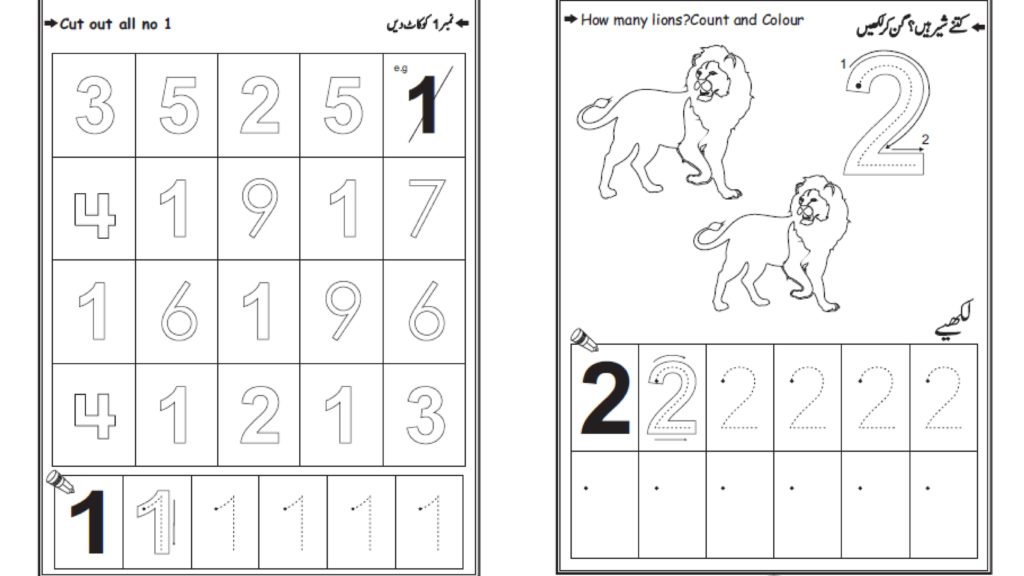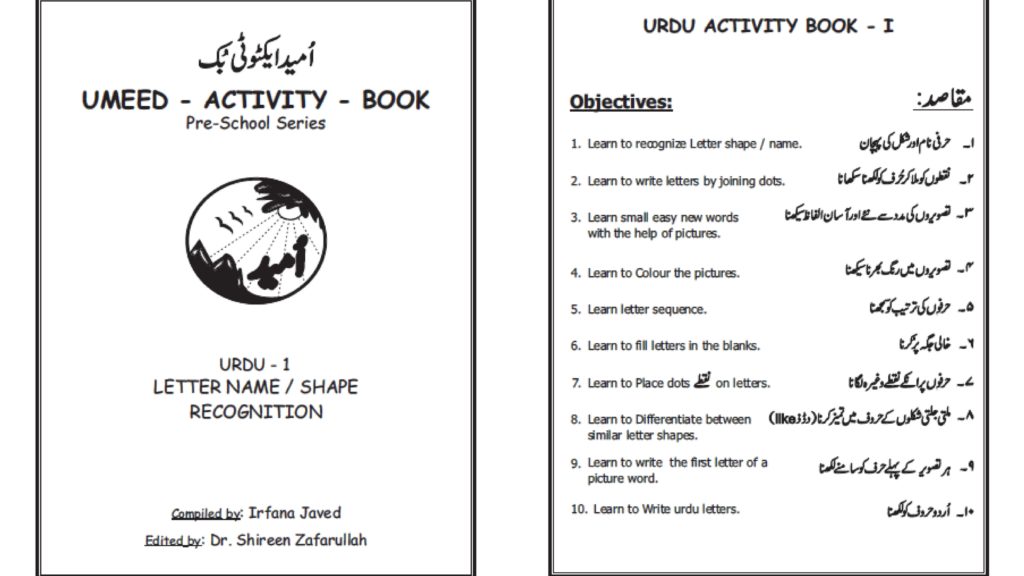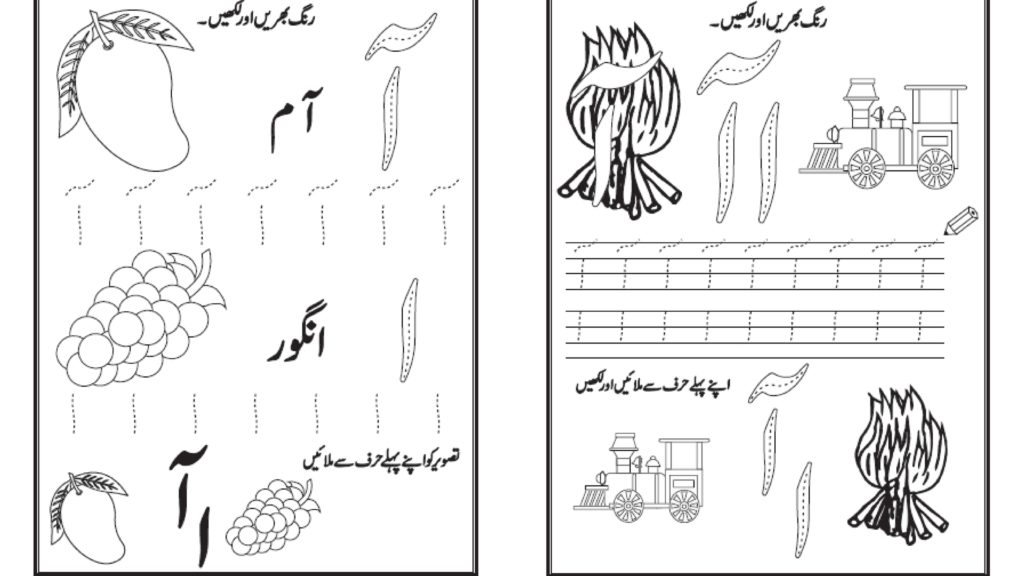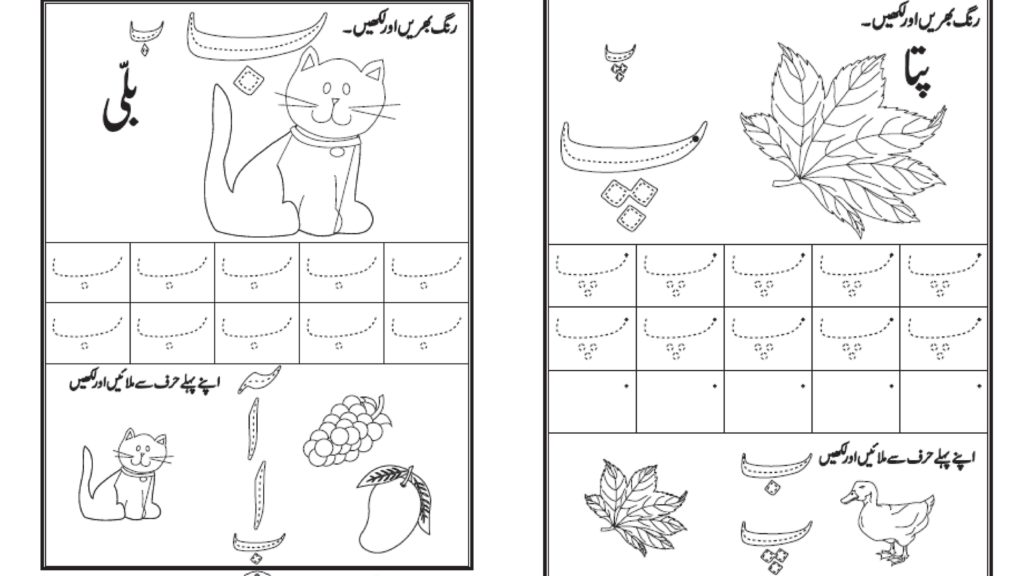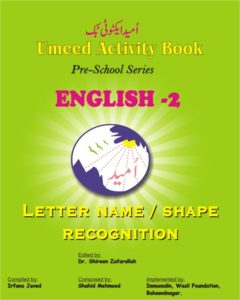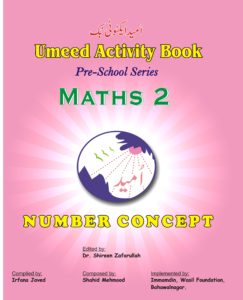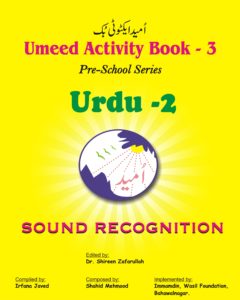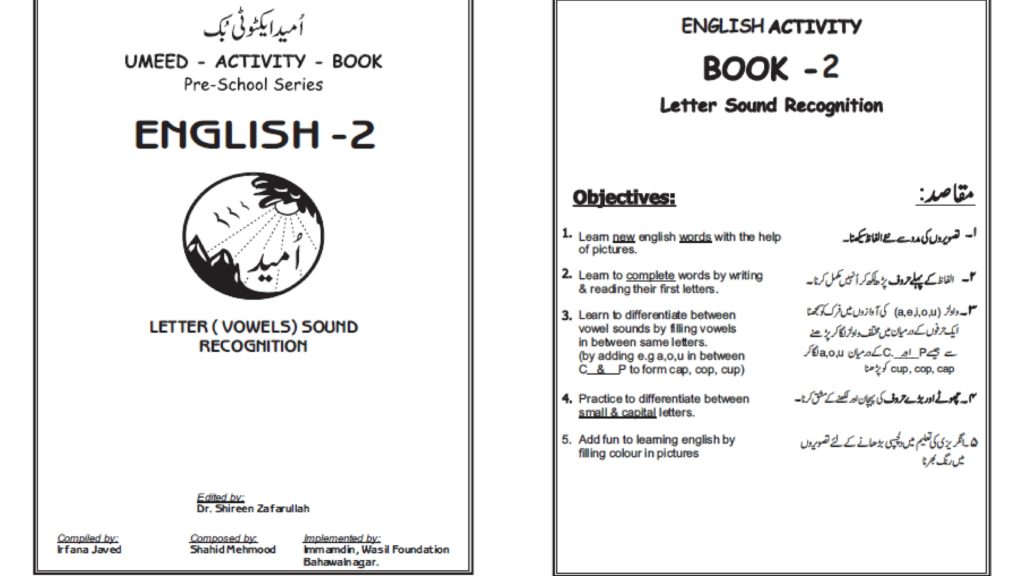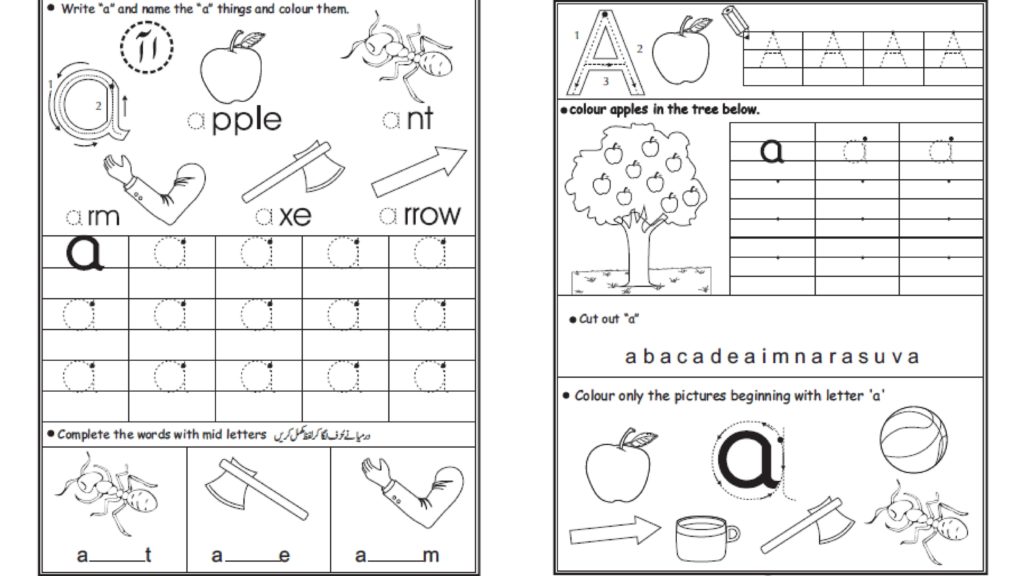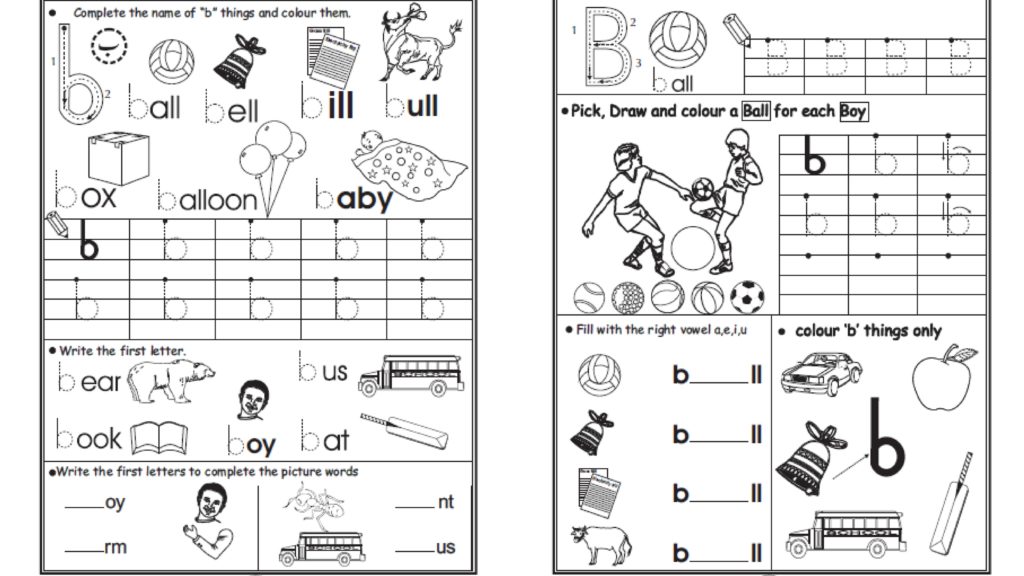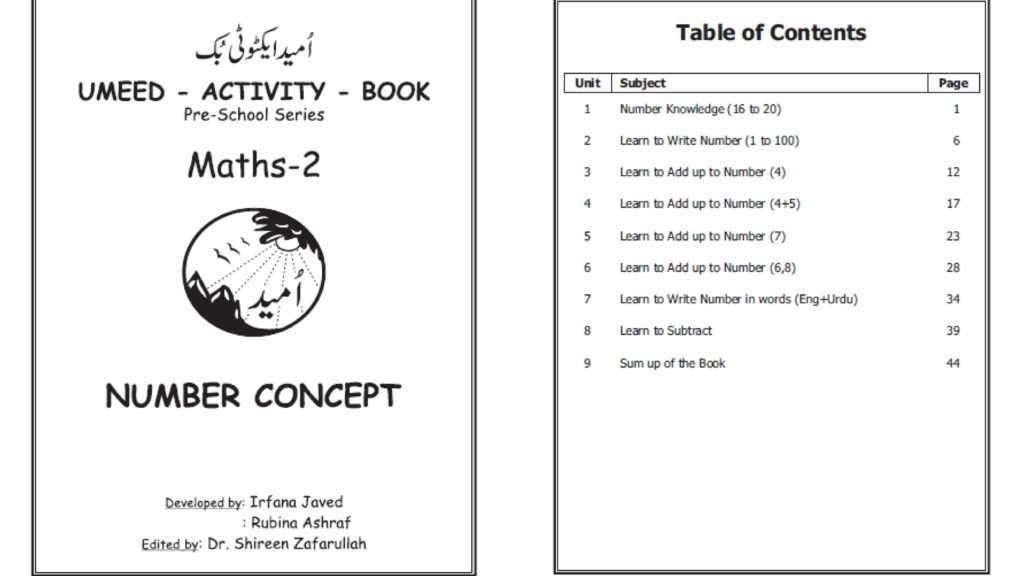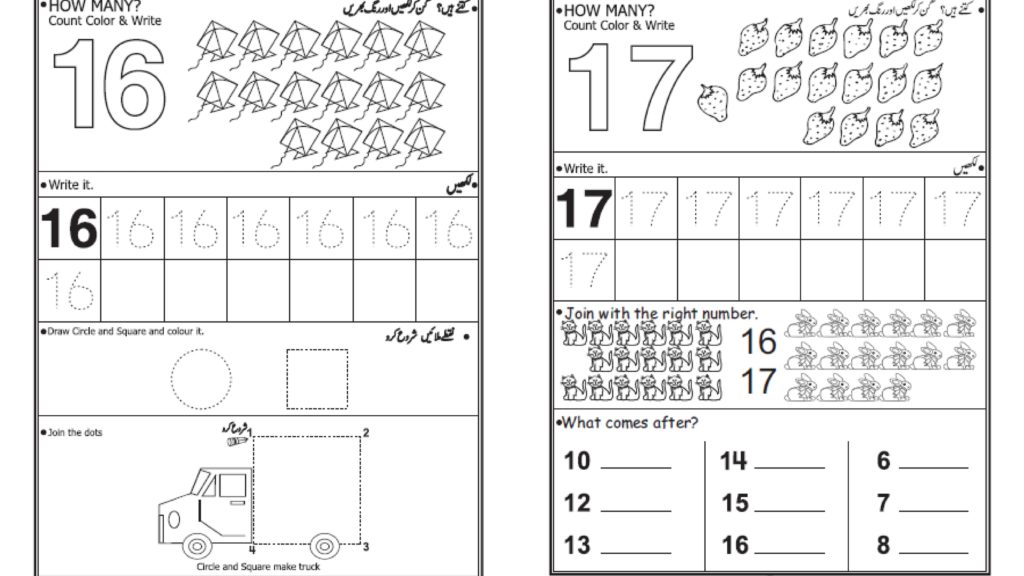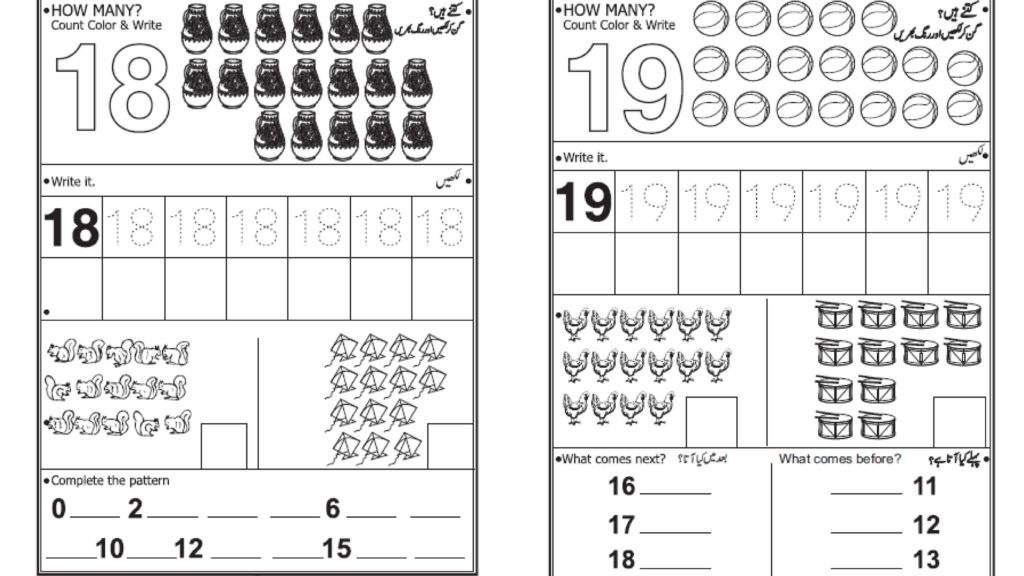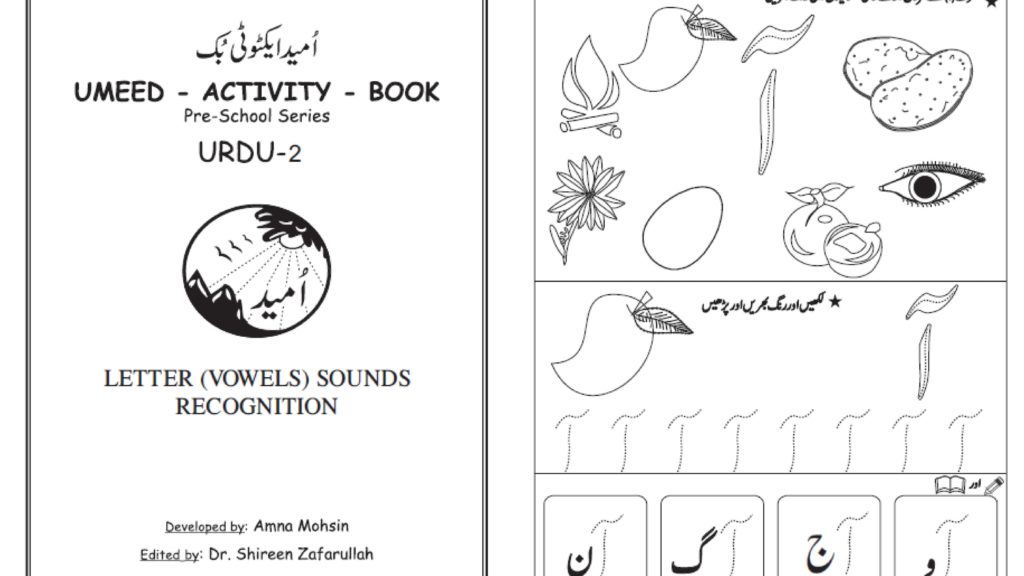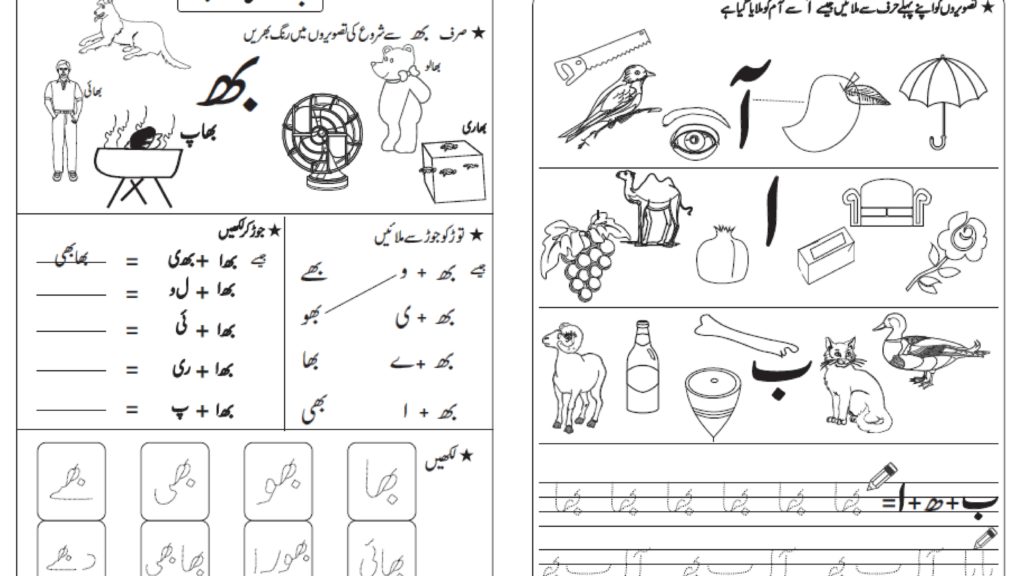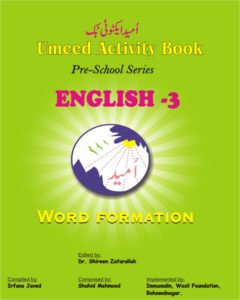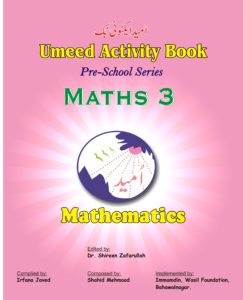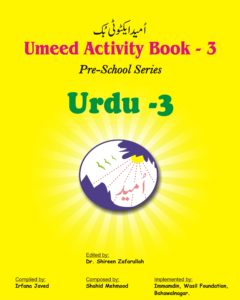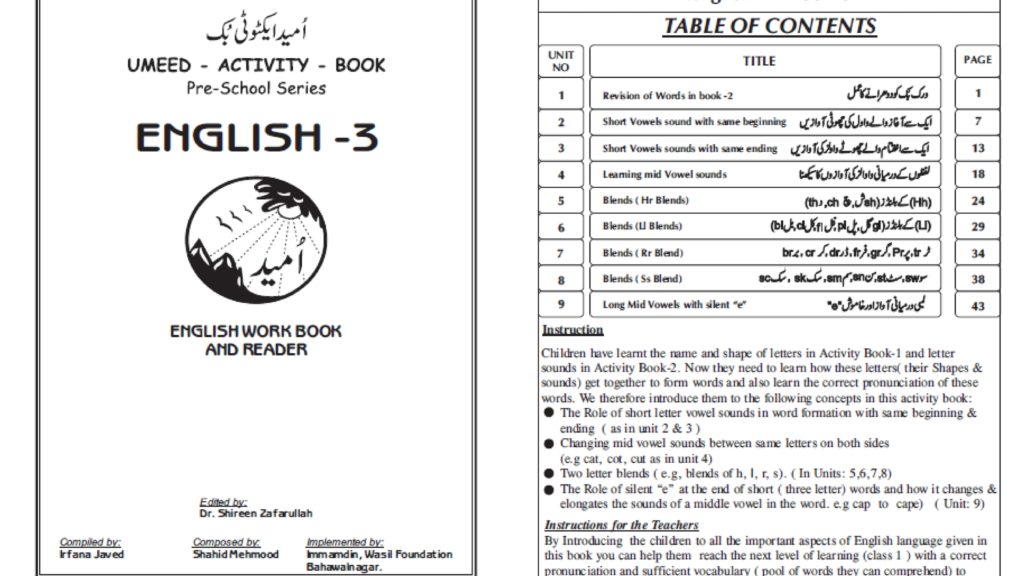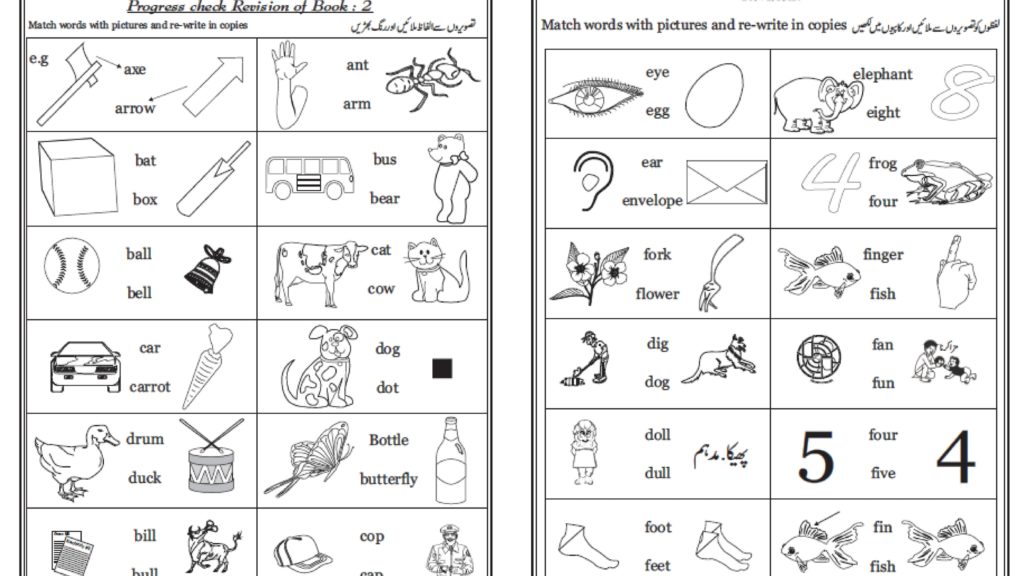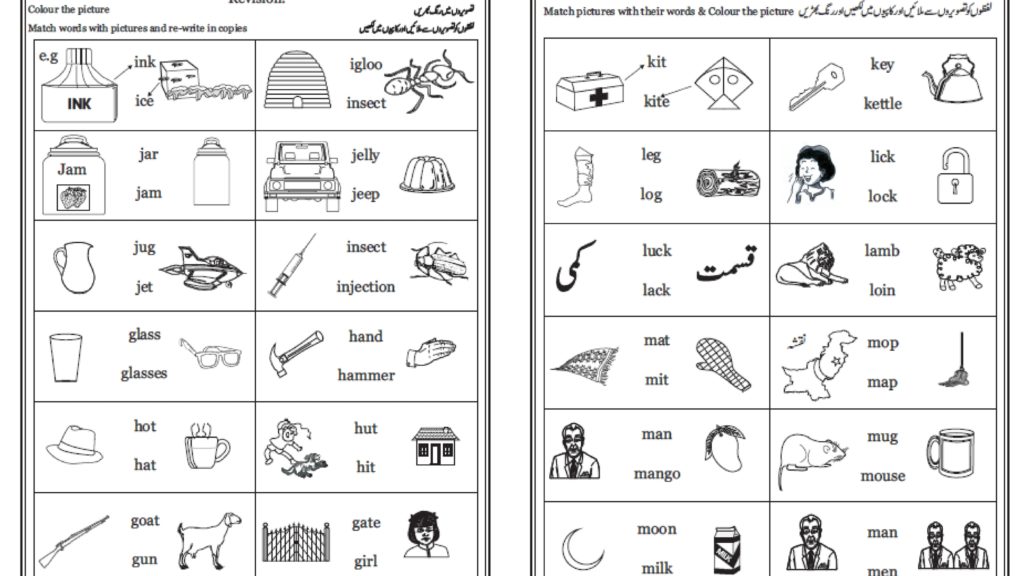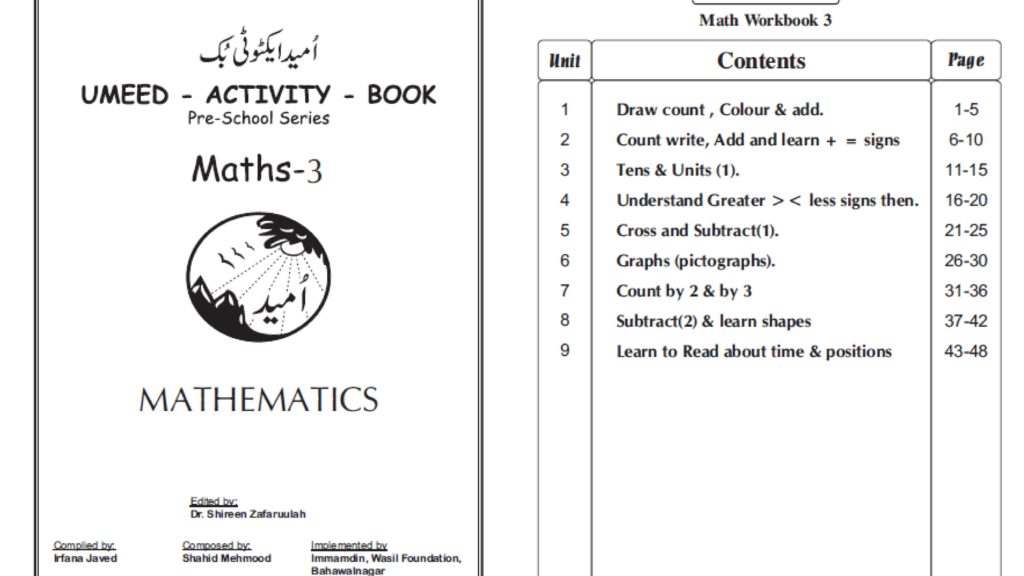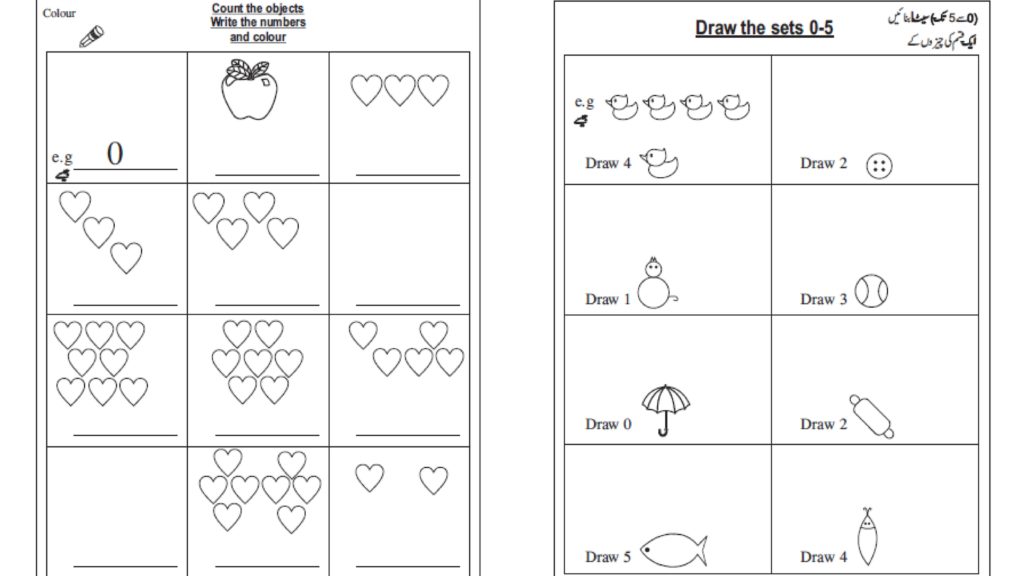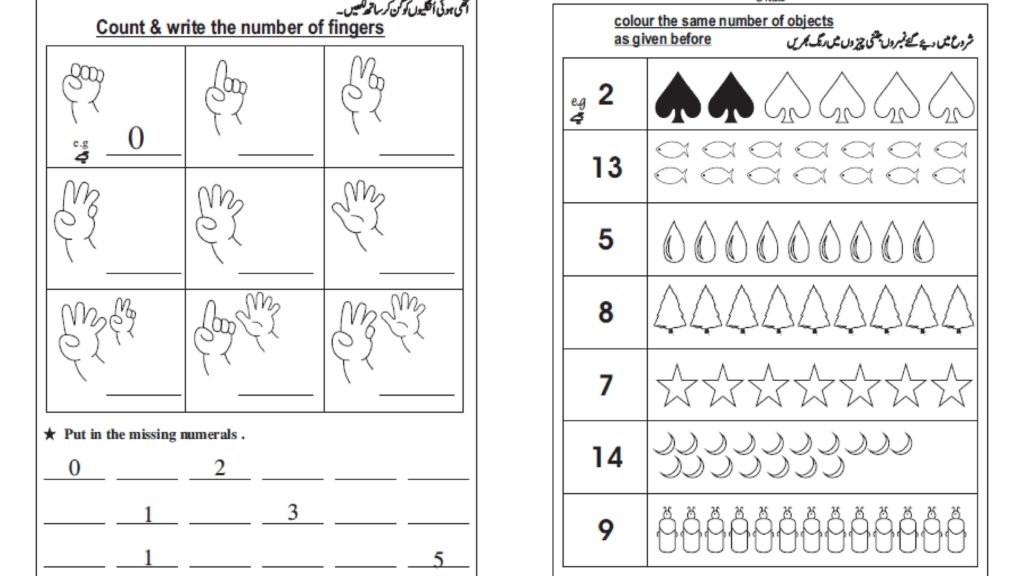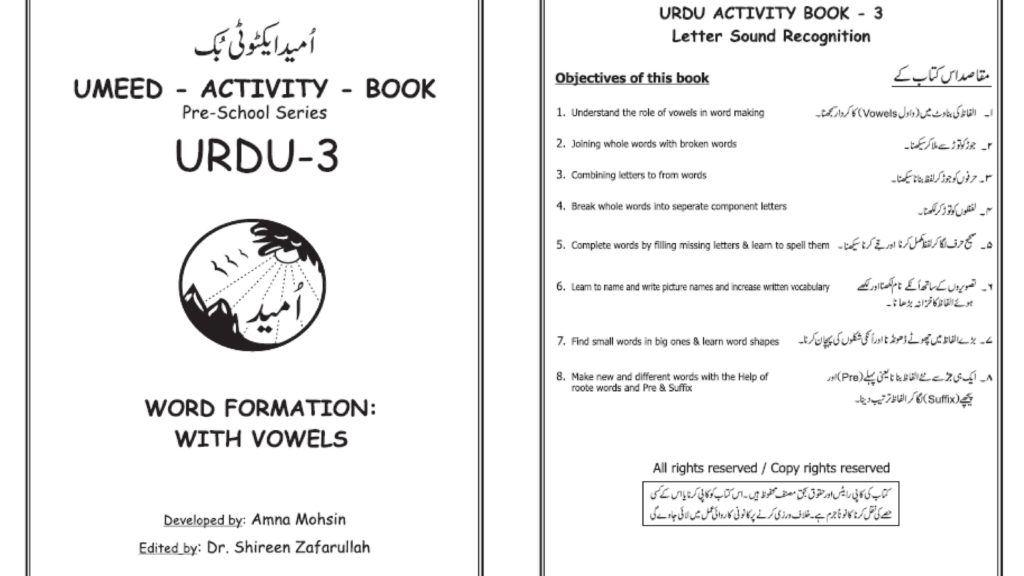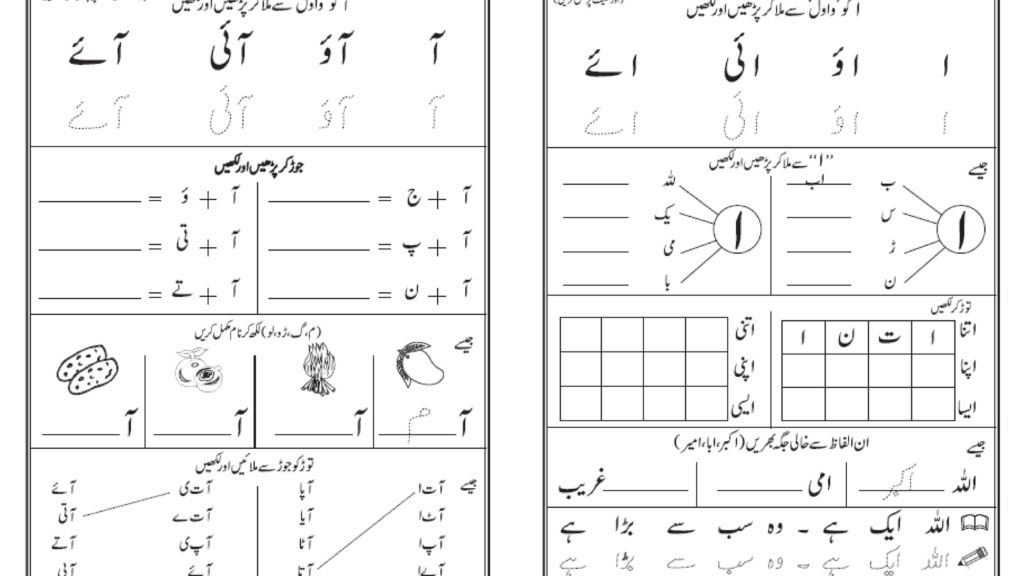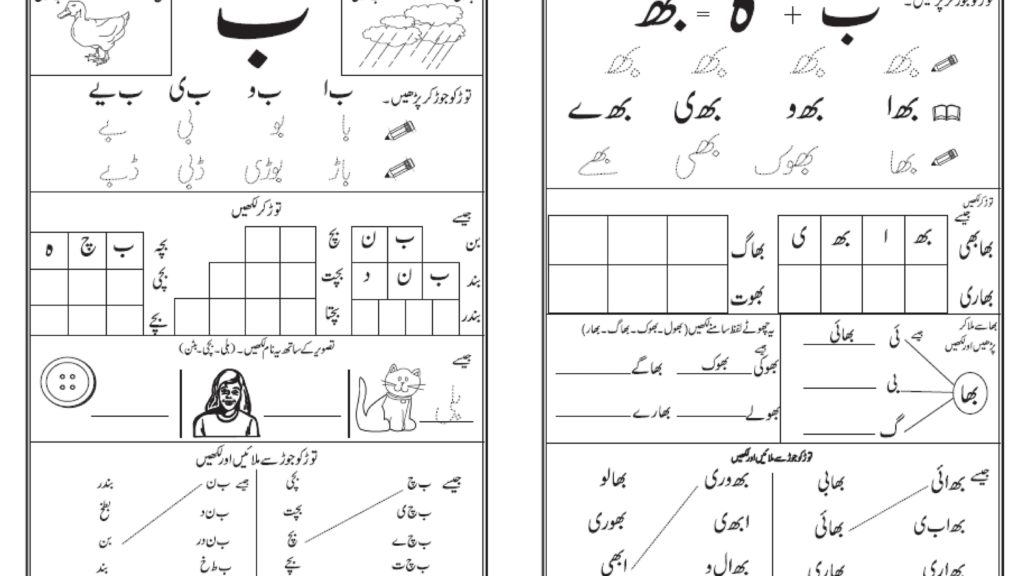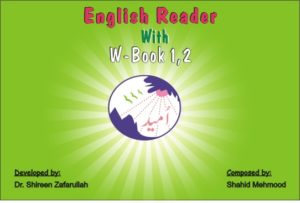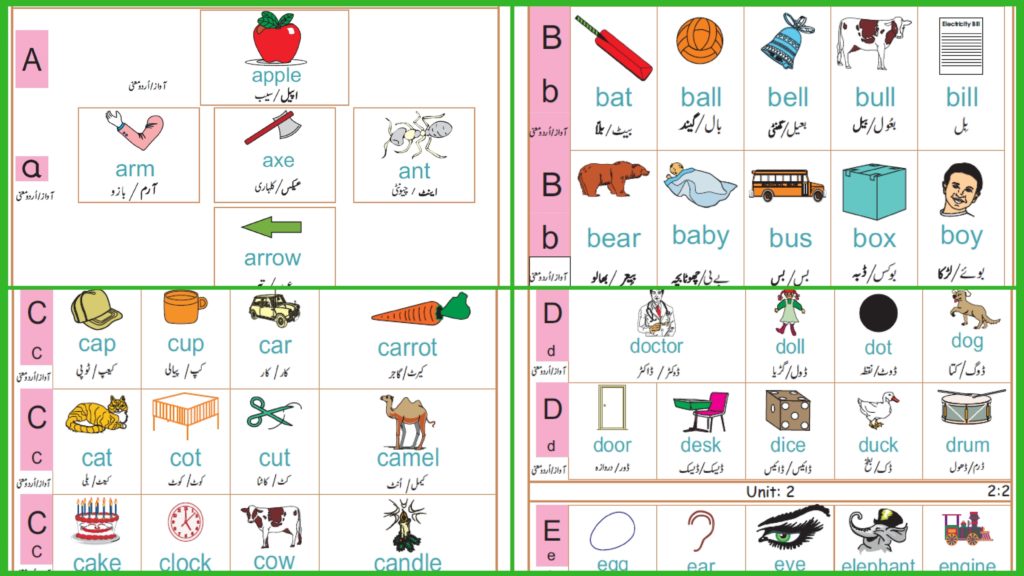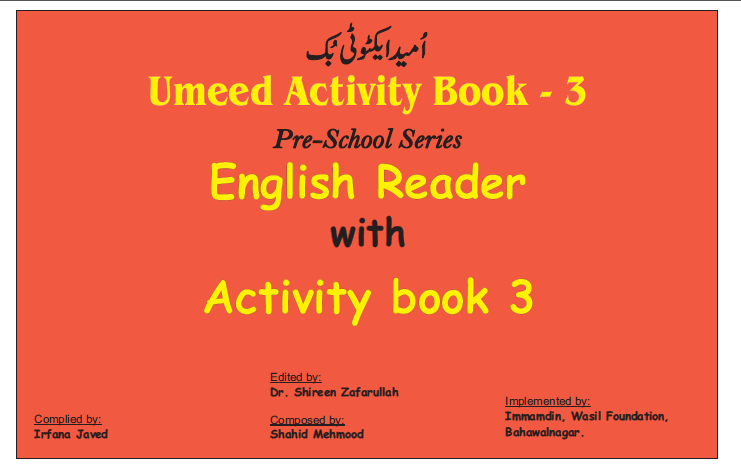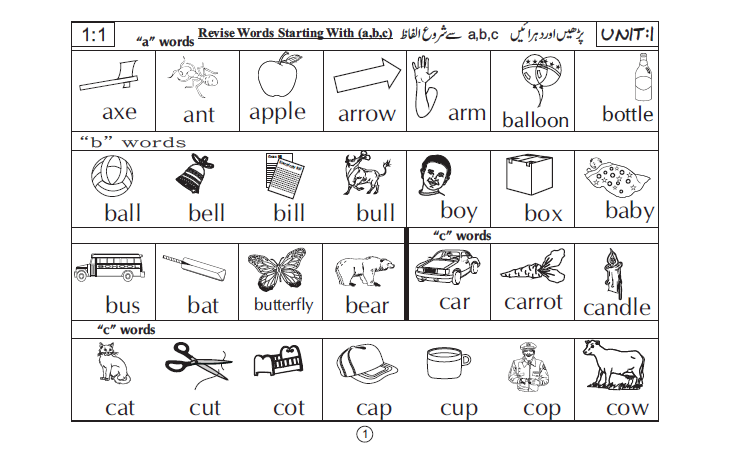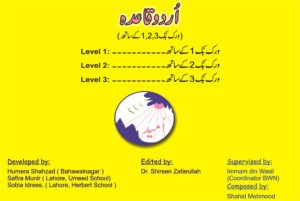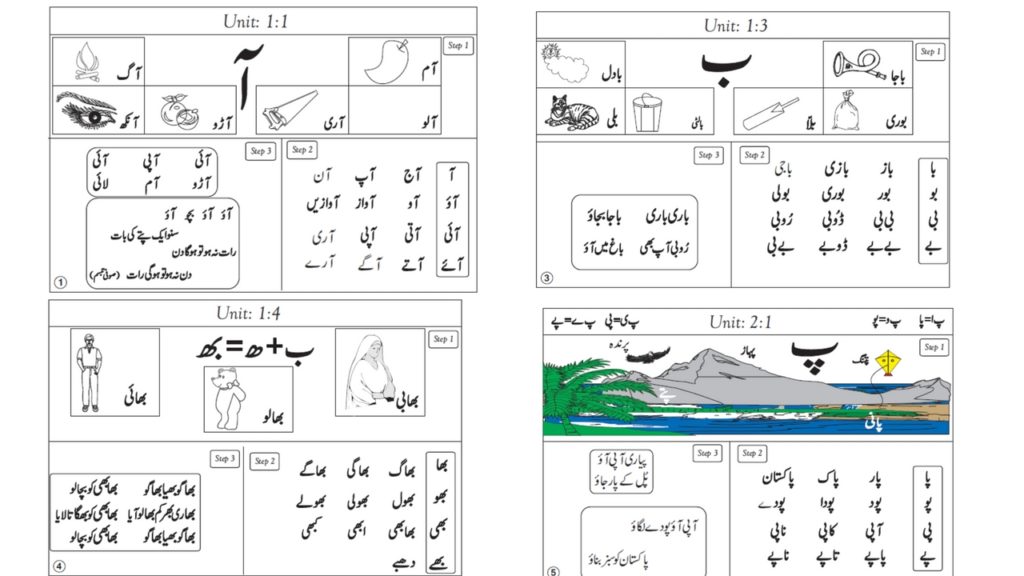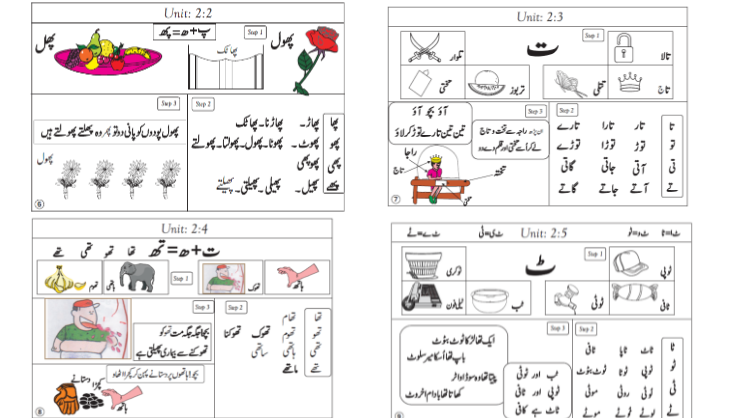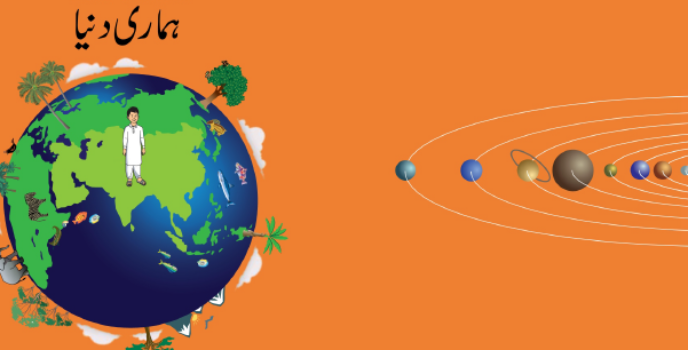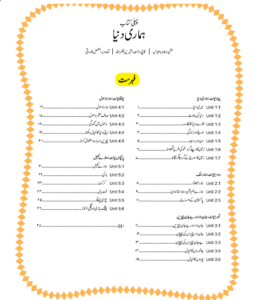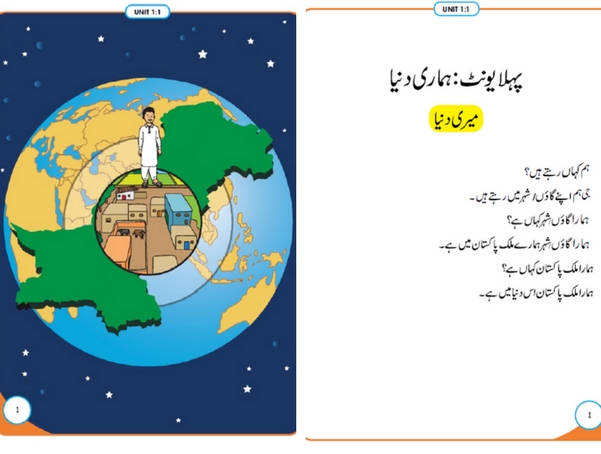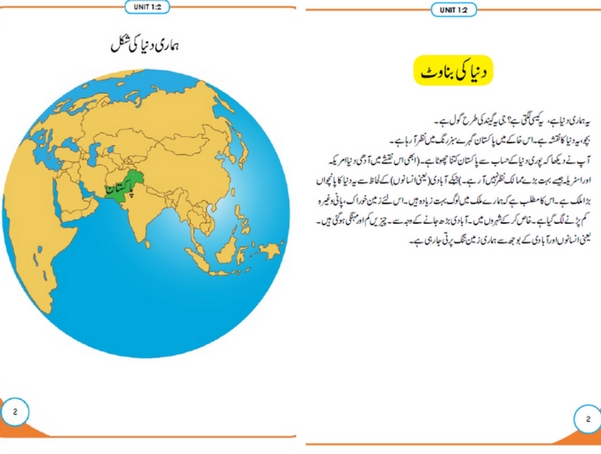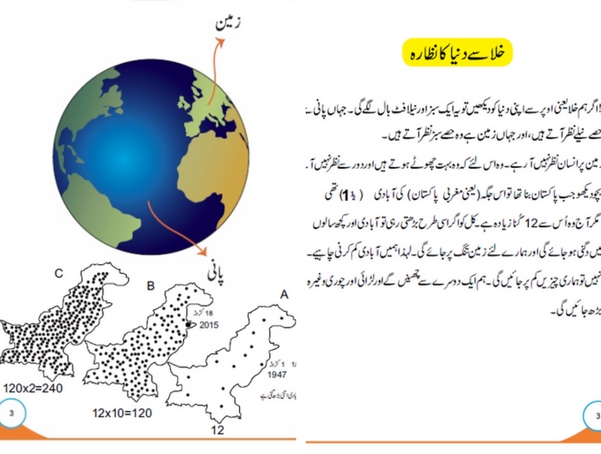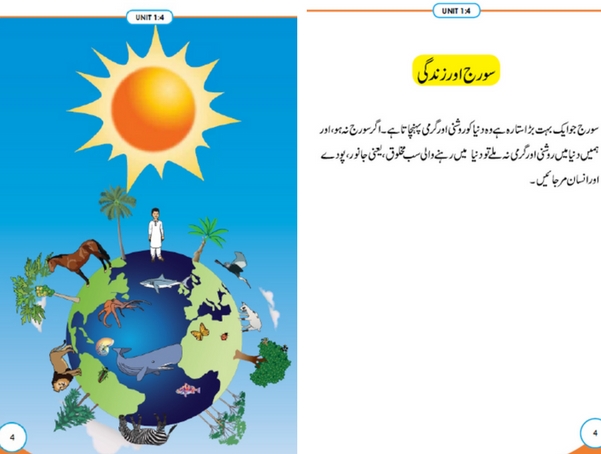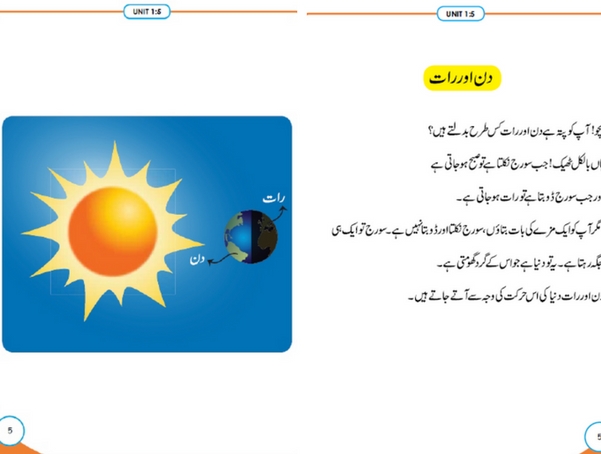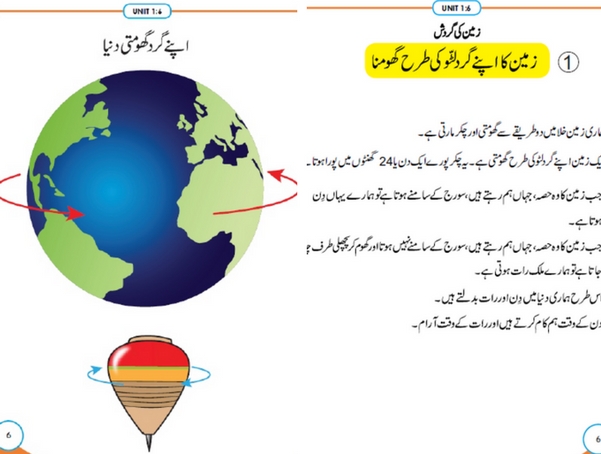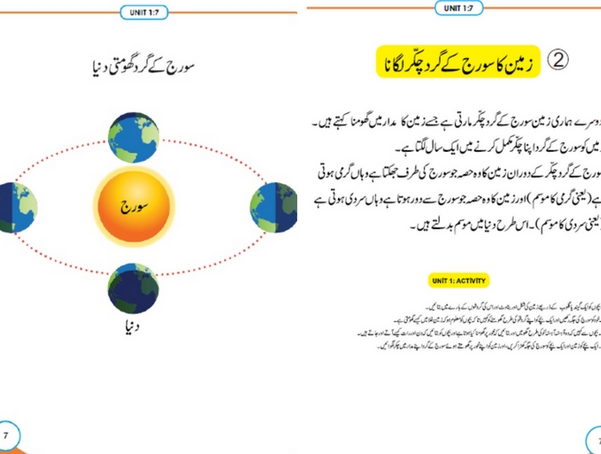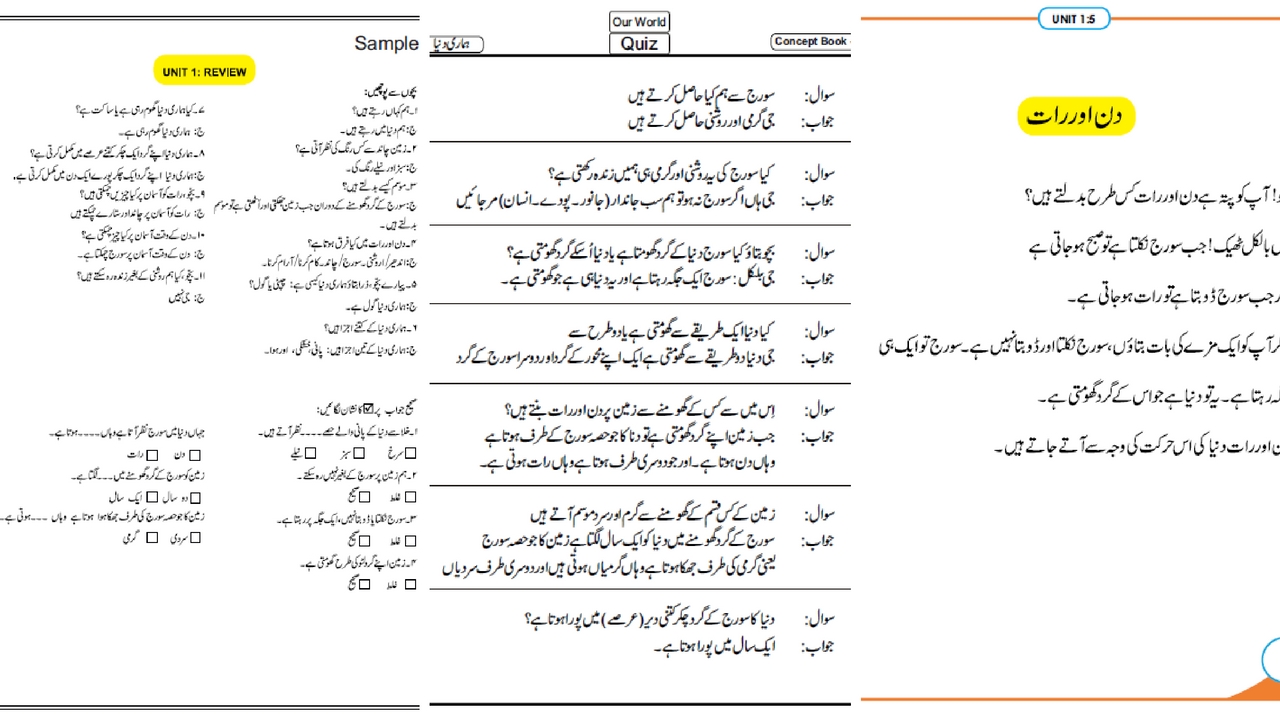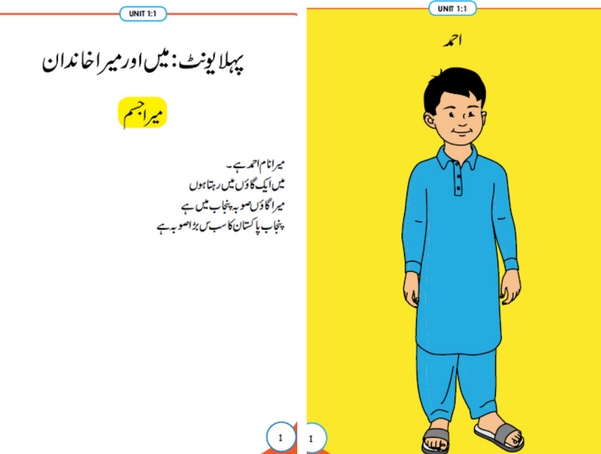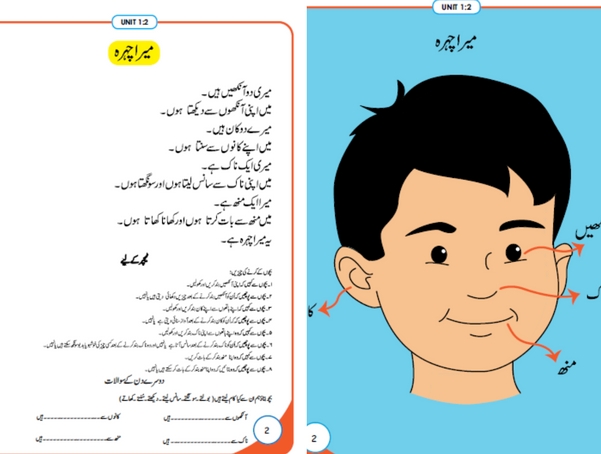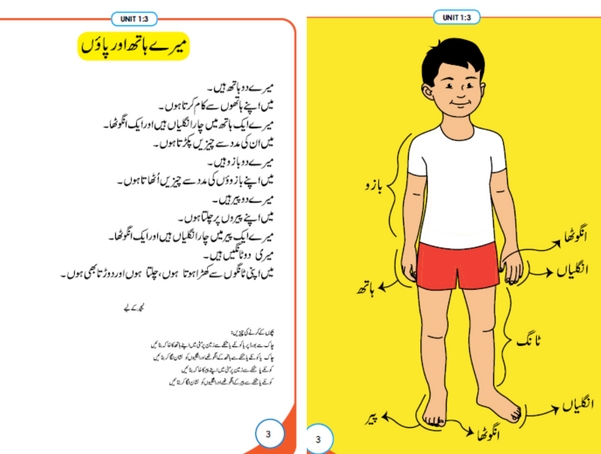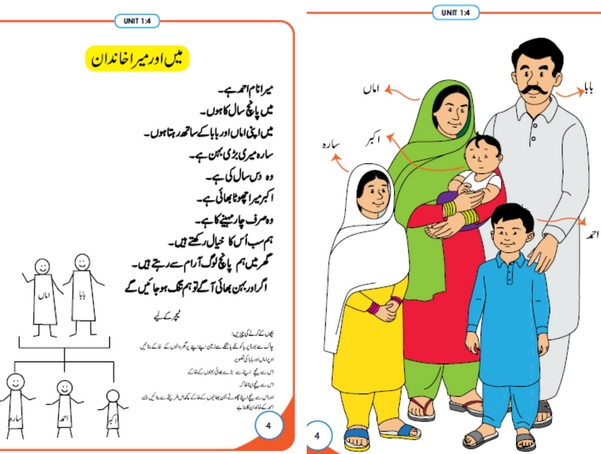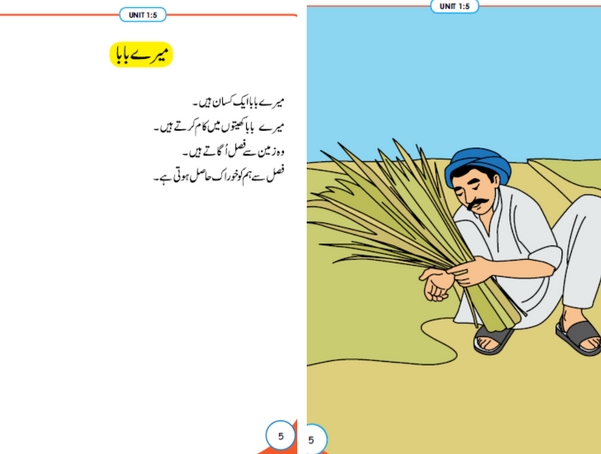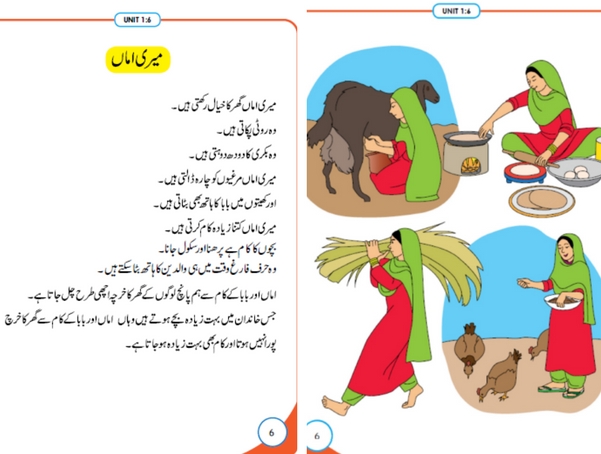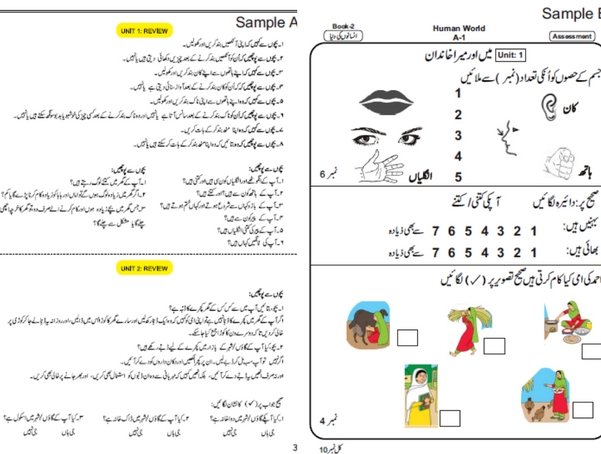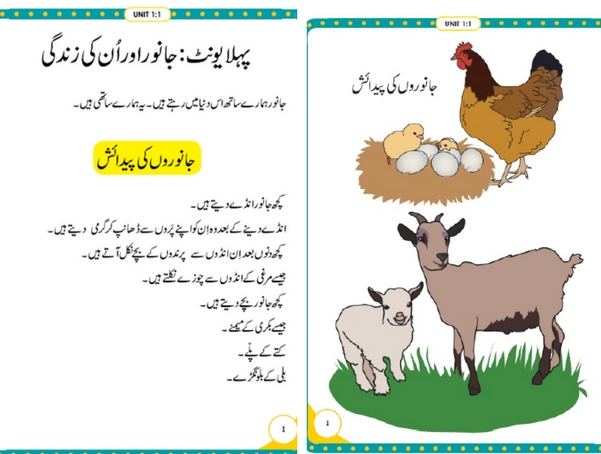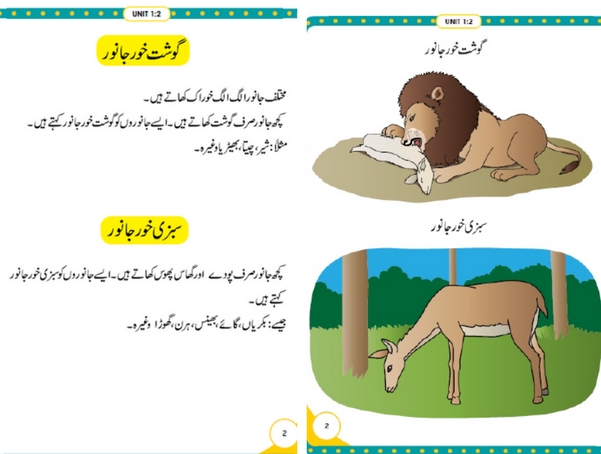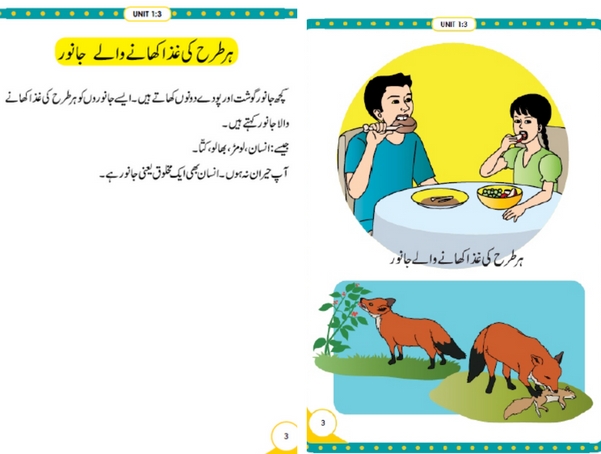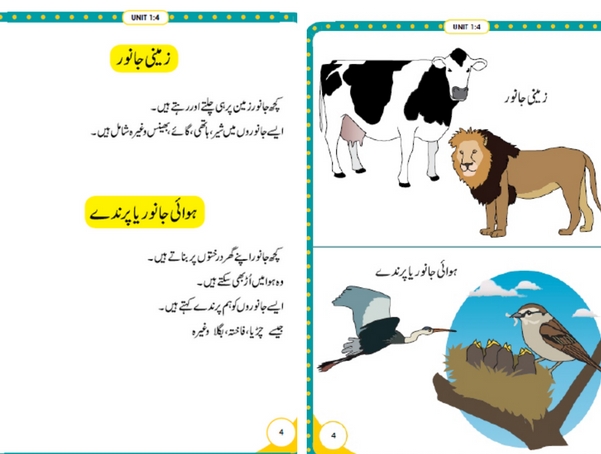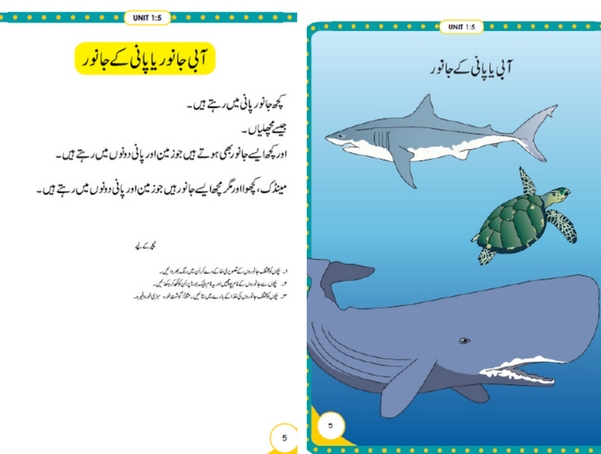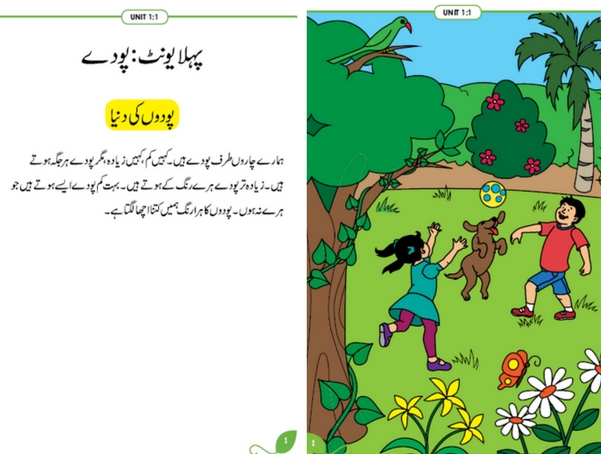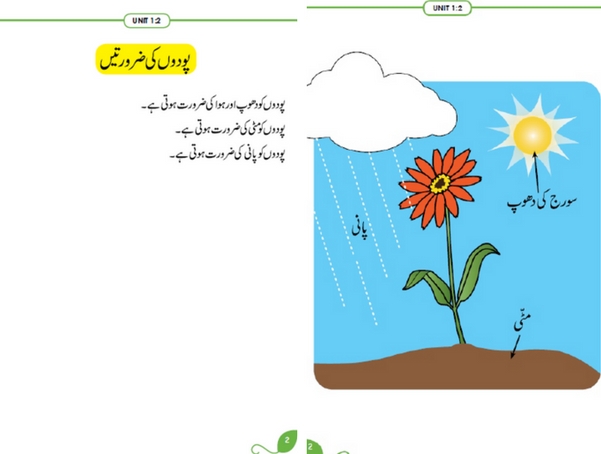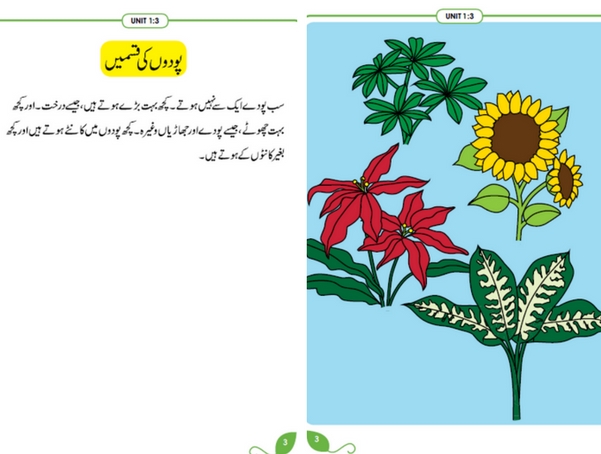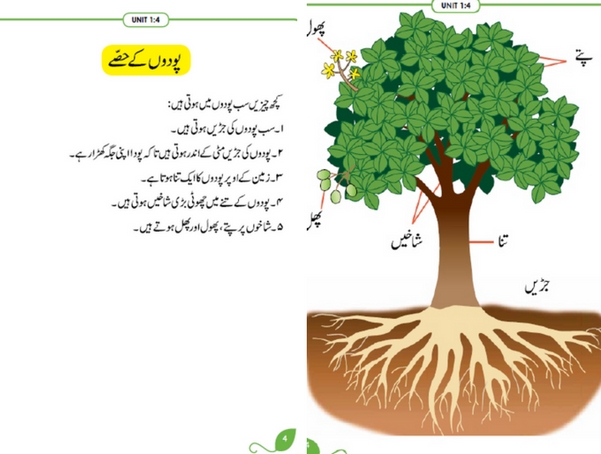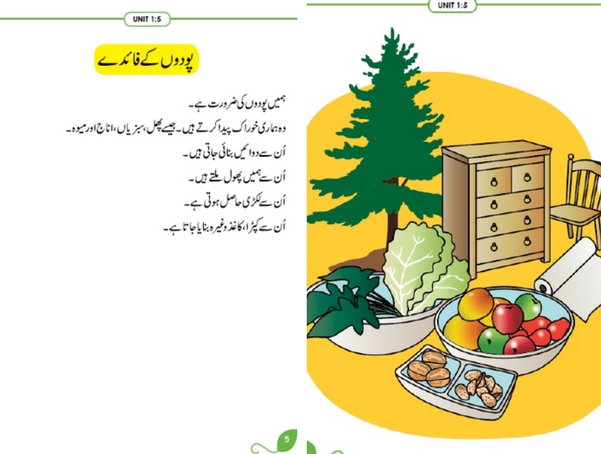The aim of the program is to develop interventions that attract, sustain and retain primary school children to school, enabling them to complete Primary Education.
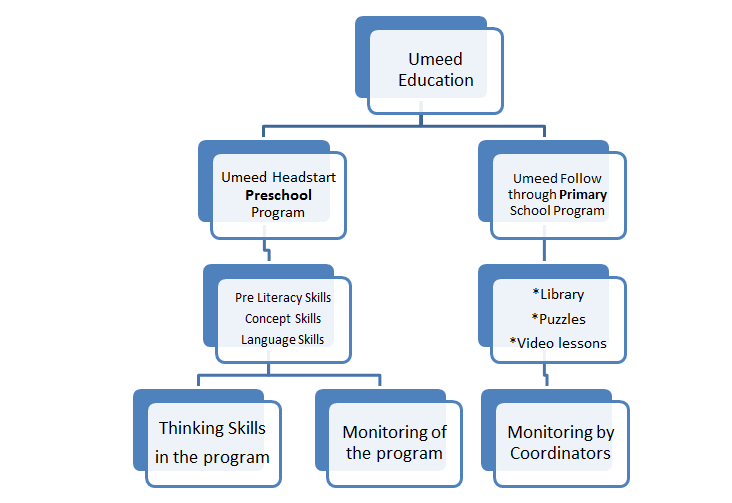
1: Preschool Program
Less Privileged Children need a Headstart to be ready for school
No public education program in Pakistan has addressed this very crucial need of these children.
Umeed Preschool Program has catered to this need for a Headstart by tackling the handicaps with a multi dimensional approach.
A: Pre Literacy Skills
The program covers three core subjects URDU, ENGLISH & MATHS
Each subject has four levels of learning skills, to be completed within one academic year at the pre-school level.
Level 0- Introduction to Print forms;
Level 1- Shape Recognition,
Level 2 – Sound Recognition ,
Level 3 – Word Formations.
Readers are provided to enhance learning
The books are full of activities to make the work interesting, along with developing useful art skills
B: Concepts of the physical and Human world
To fully comprehend the information in their books, the children need to be aware of basic concepts around them.
The program features four concept flip books
- OUR WORLD
- HUMAN WORLD
- ANIMAL WORLD
- PLANT WORLD
The flip book while the children are viewing the images on the other side. This a very economical and practical way of sharing audio-visual knowledge
Regular assessments have been designed to measure the student learning of these new concepts
C: Language skills and values education
The children are regularly shown jan cartoon videos which help them improve their urdu language skills along with learning important human values and relationships.
Nursery rhymes and songs are played to the children to help develop important speech and musical skills
All the three aspects of the preschool program are fitted into the school timetable so that they are covered daily
D: Thinking Skills
All activities in the Umeed Program generate thinking skills. This is done by providing multiple choice activities, joining, matching and colouring the right options or filling the blanks. No activity demands rote learning and children are encouraged to question what they are learning
E: Monitoring
The content of the program has been divided into manageable units which are completed in a week’s time and then assessed the following week .
The program coordinator visits two schools daily to conduct these assessments which are printed and sent from the head office. The answer sheets are sent back to the head office for tabulation and analysis of the results, which gauge the performances of both the students, teachers as well as the performance of the overall school
2 : Follow through
World over, the impact of the Headstart program was not sustained for too long as the effects of the training wore off in primary classes. A follow through program brings continuity to the headstart program and diminishes dropouts. Two interventions have been designed to augment student learning and critical thinking that were introduced in the preschool to follow through in their primary classes
A collection of story books and general knowledge books are provided to the schools. The books are categorized into three reading levels. To monitor the library time, the coordinators make a weekly note of which books the children have read
Video lessons covering the science and social studies topics of the Classes 3,4 and 5 are shown regularly and assessed with short tests.
